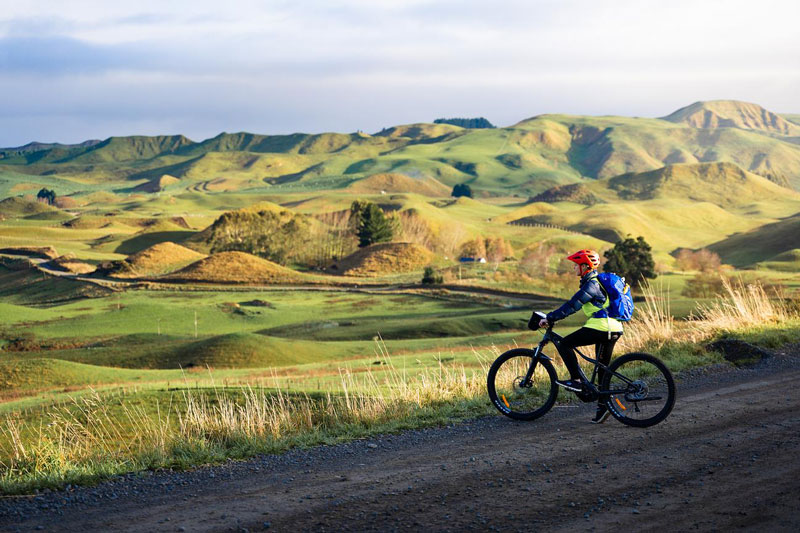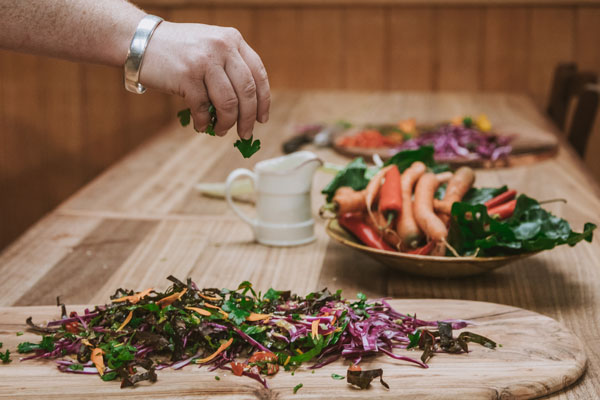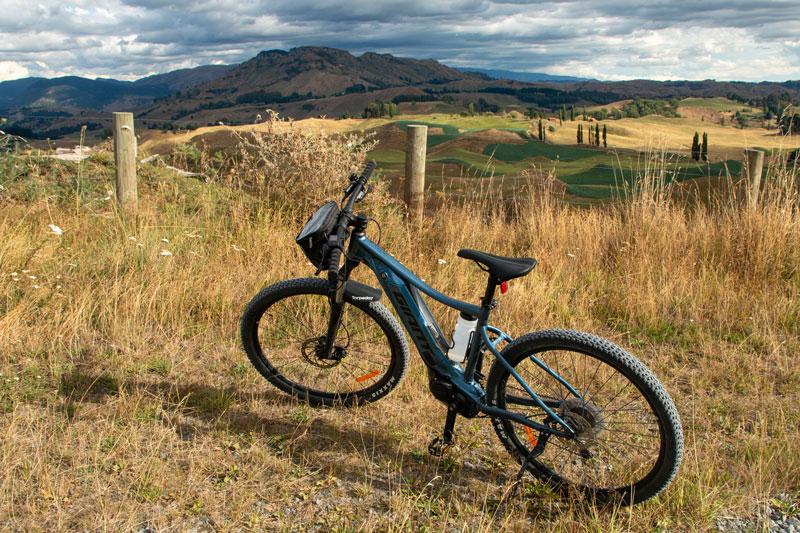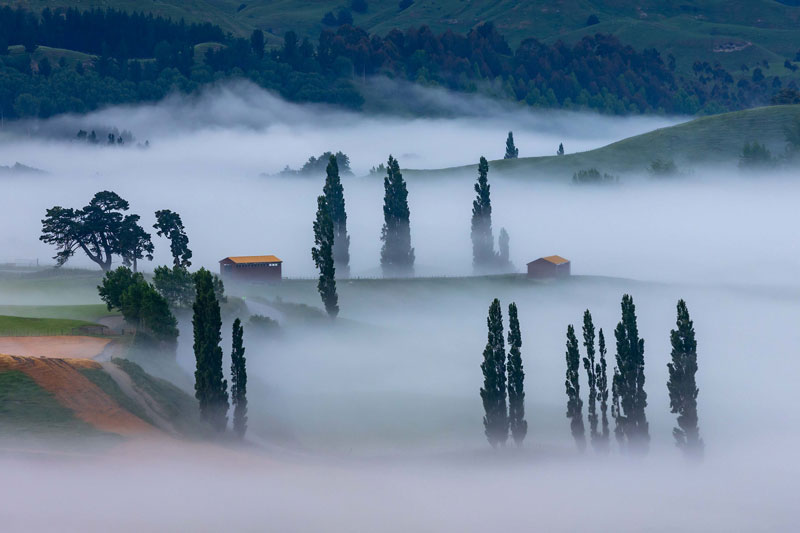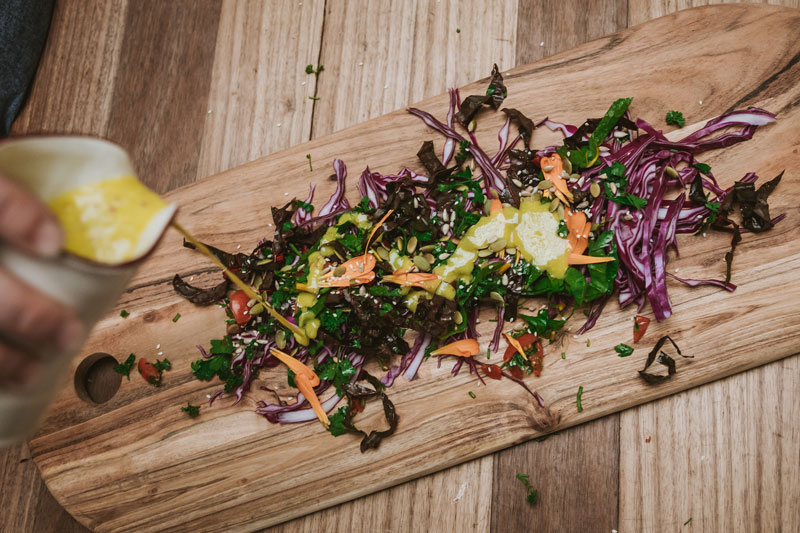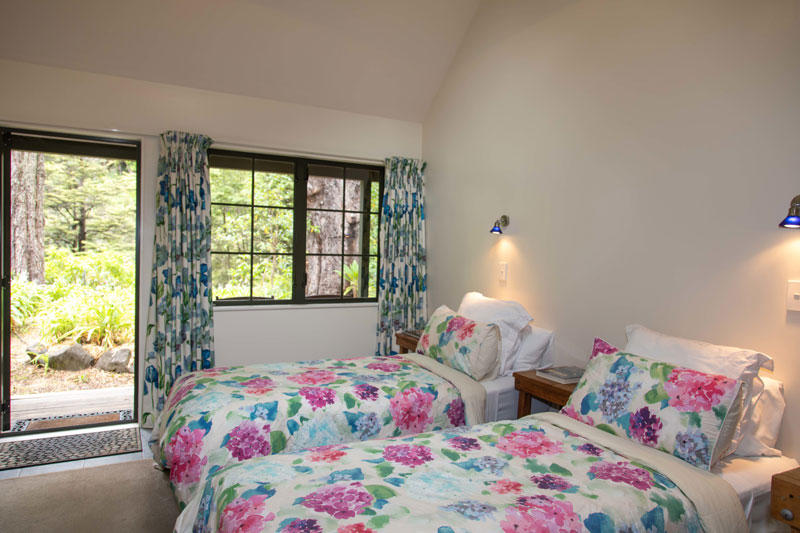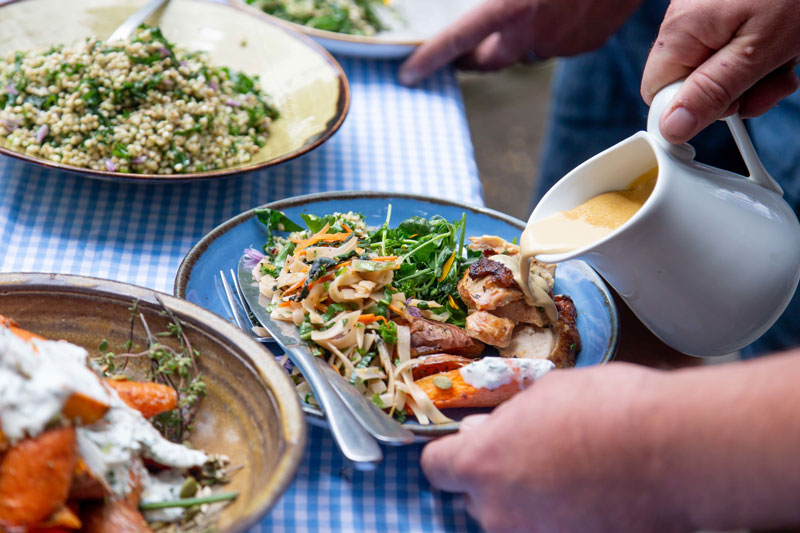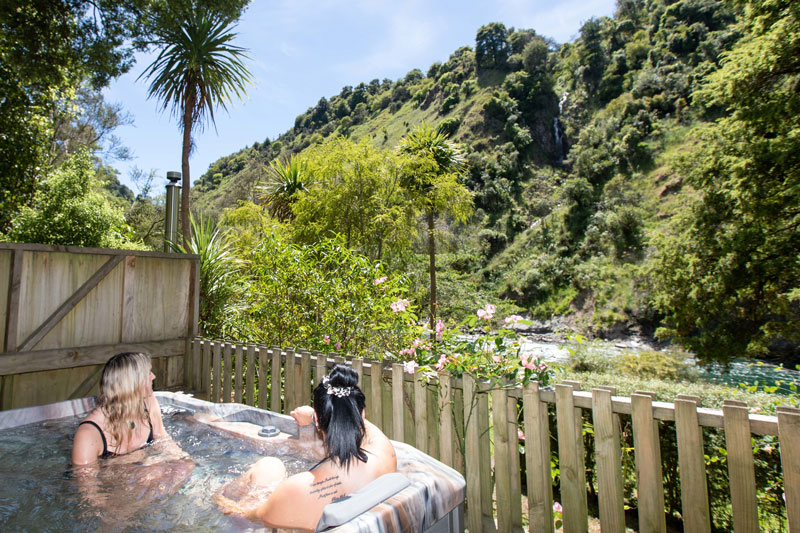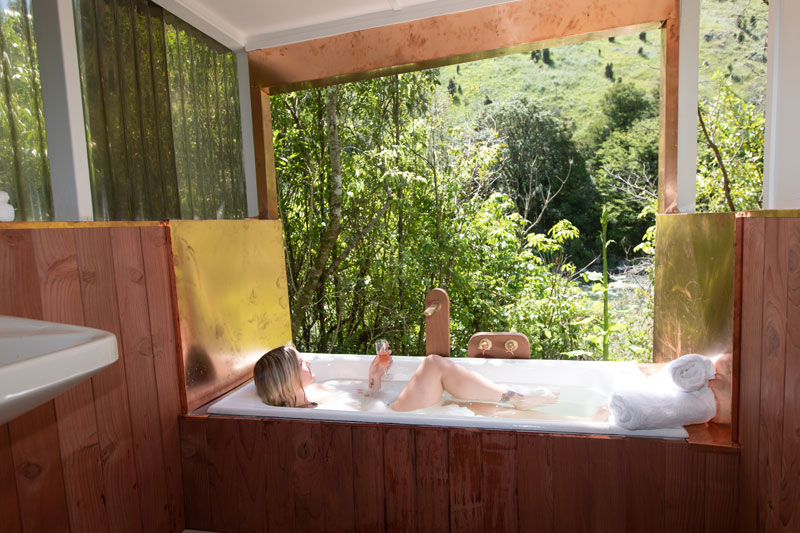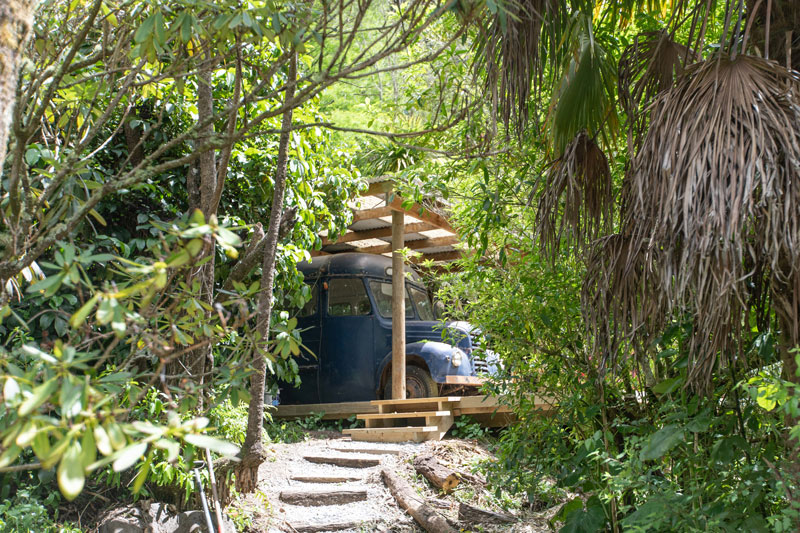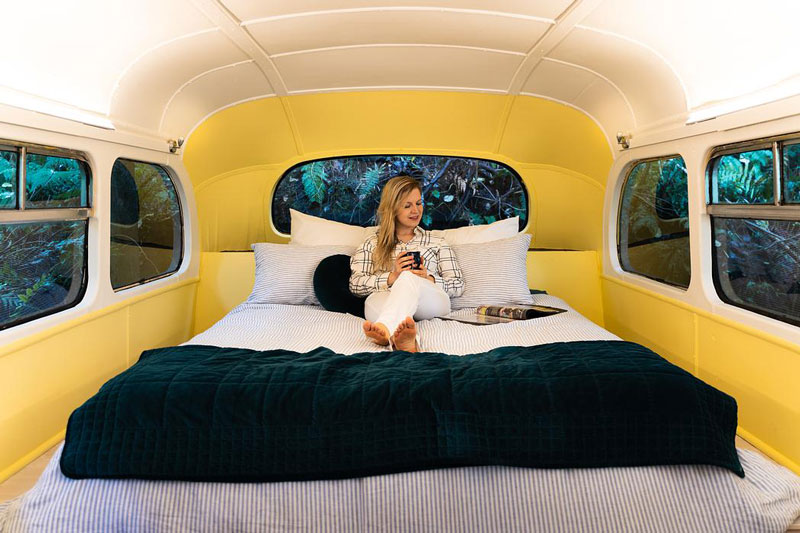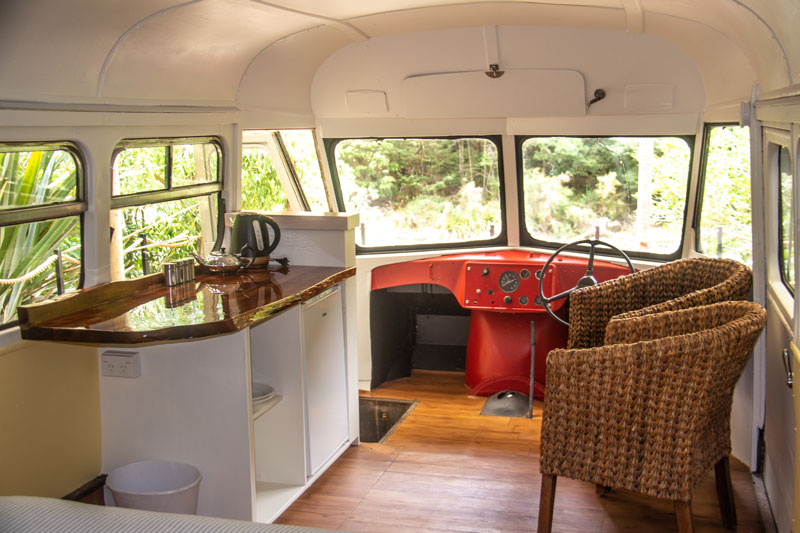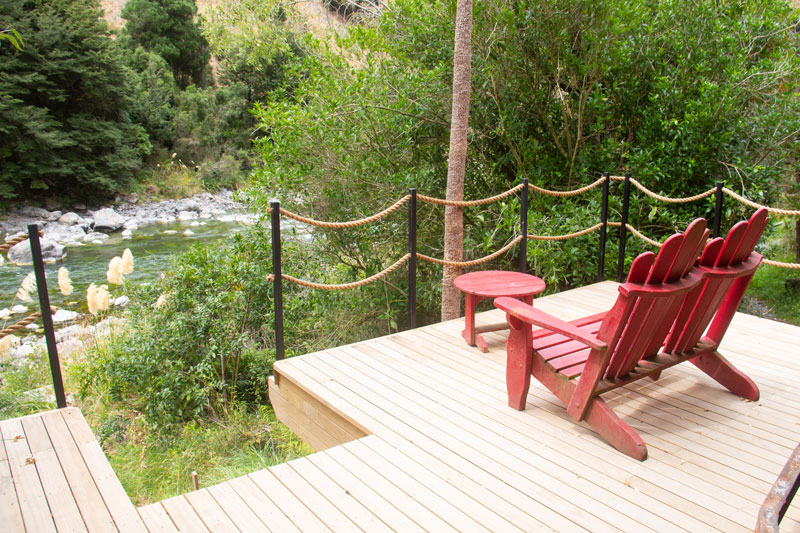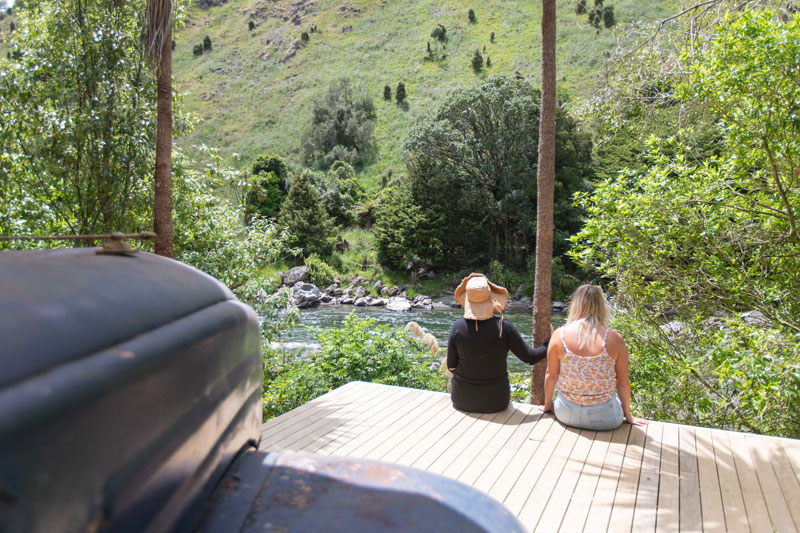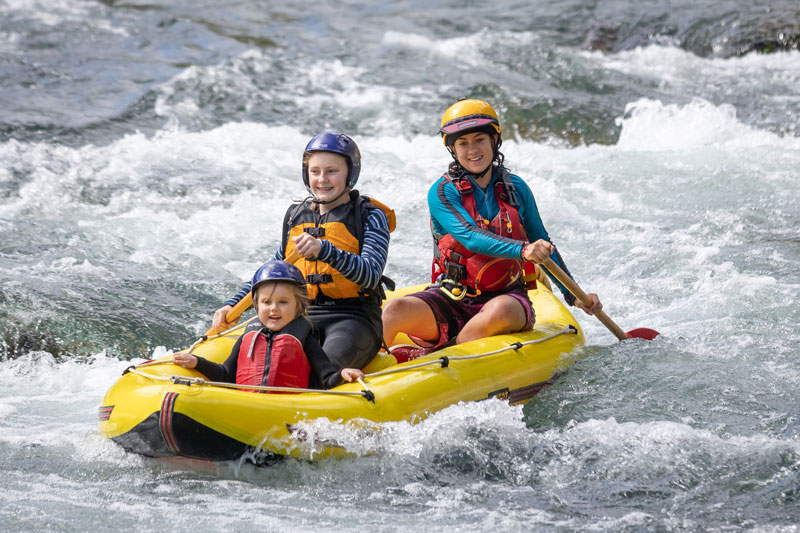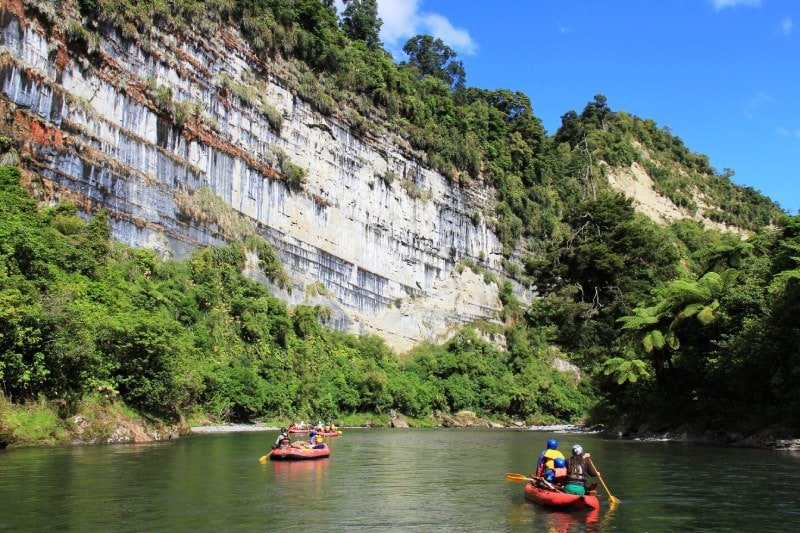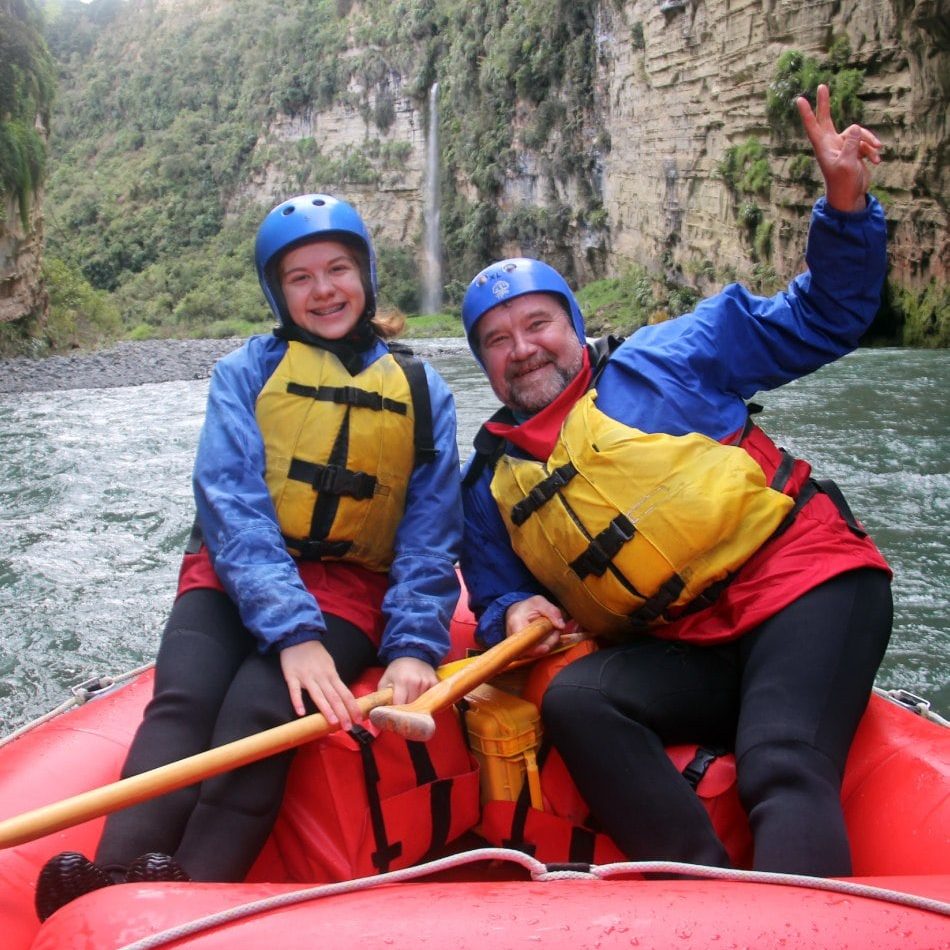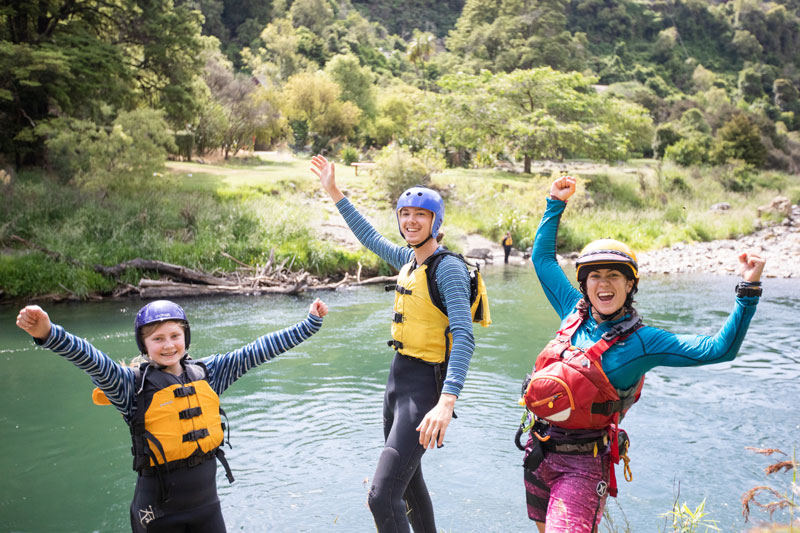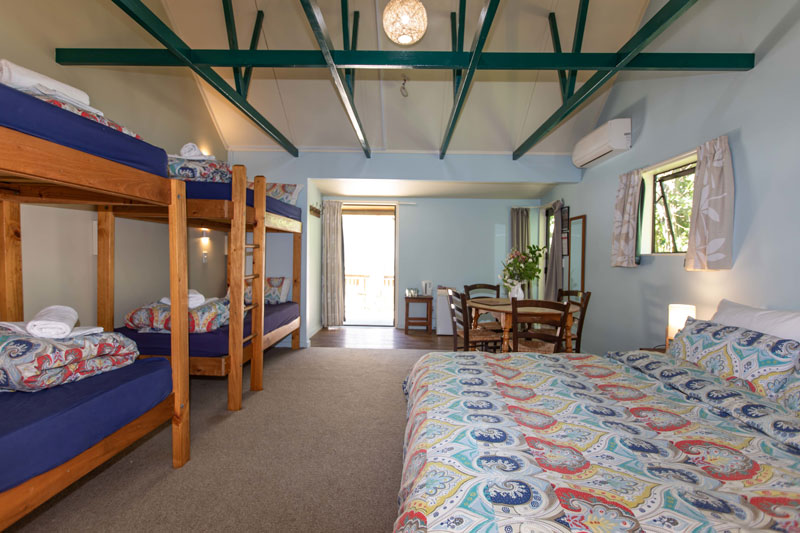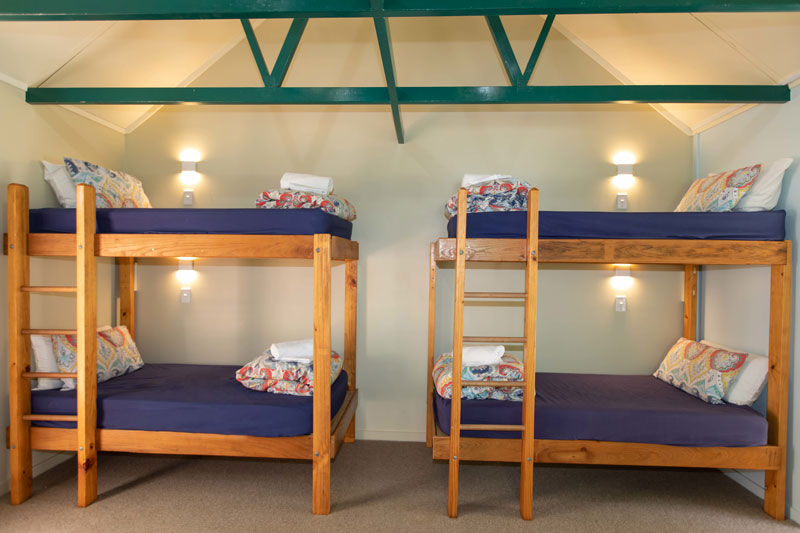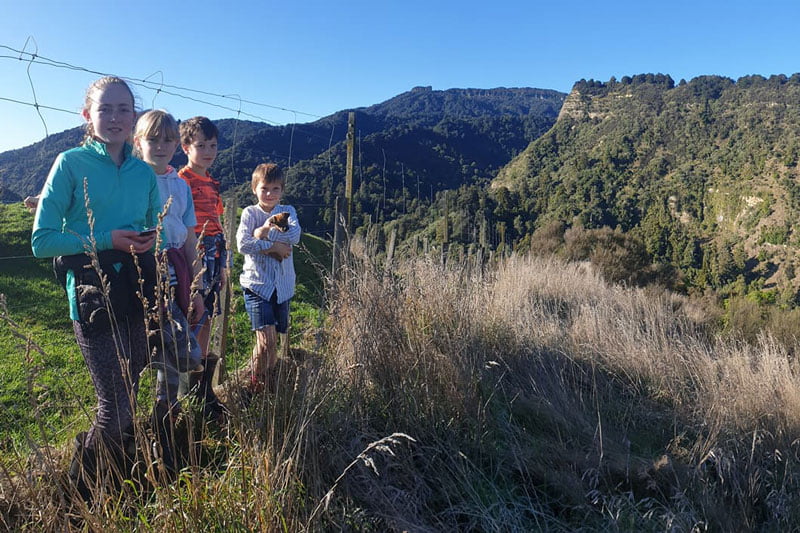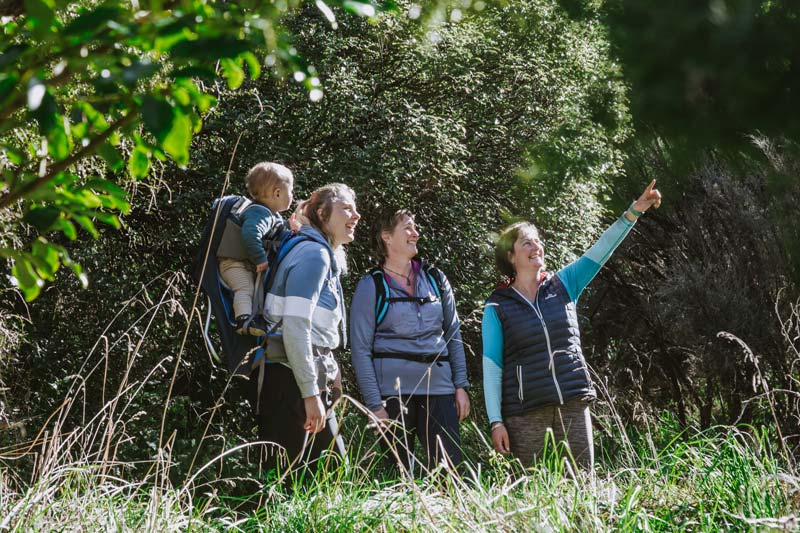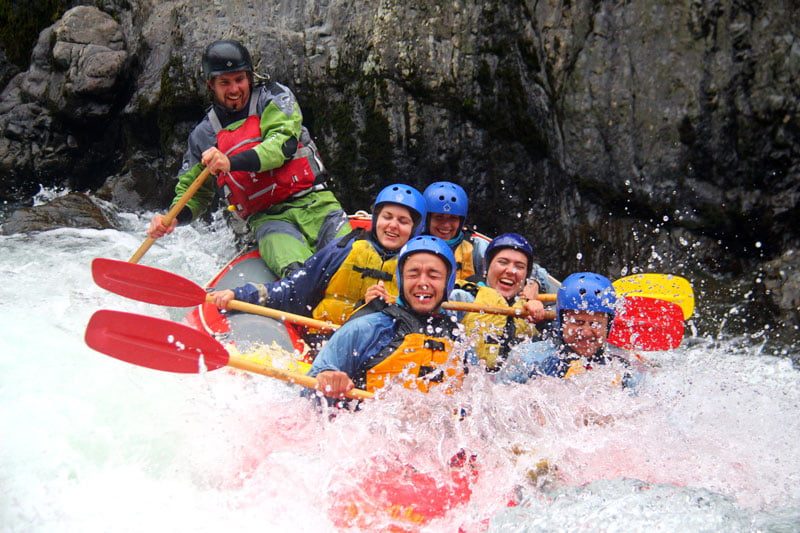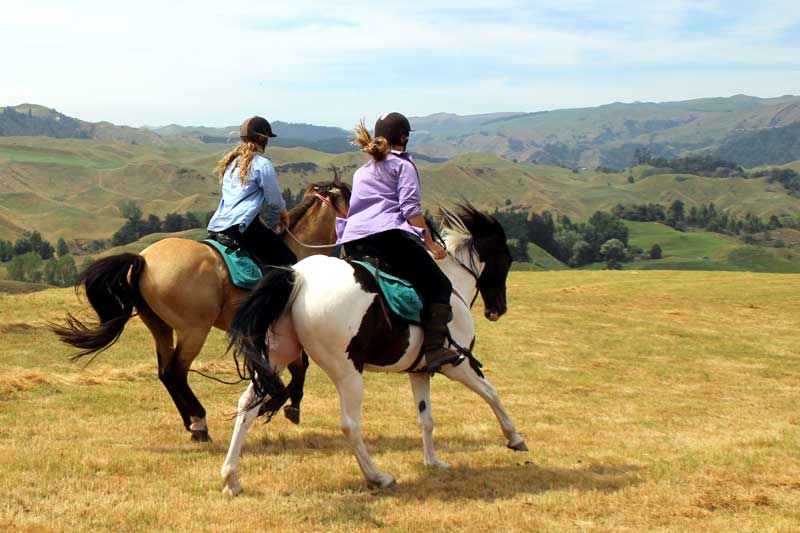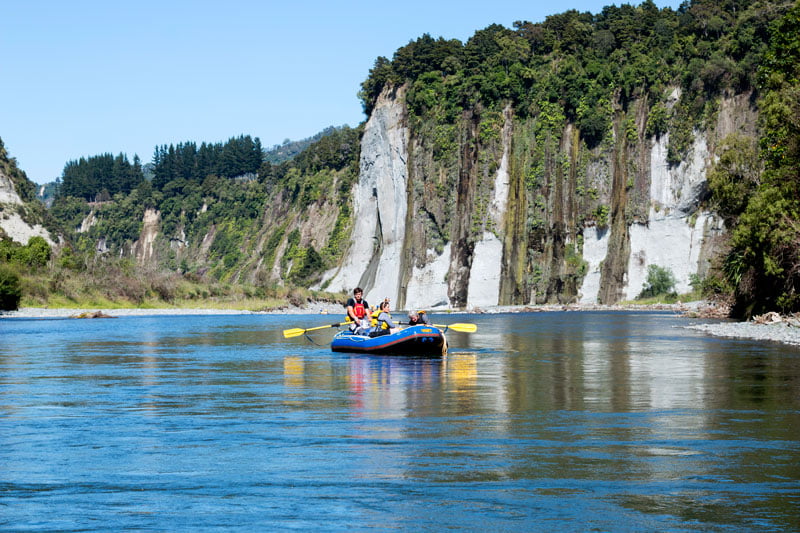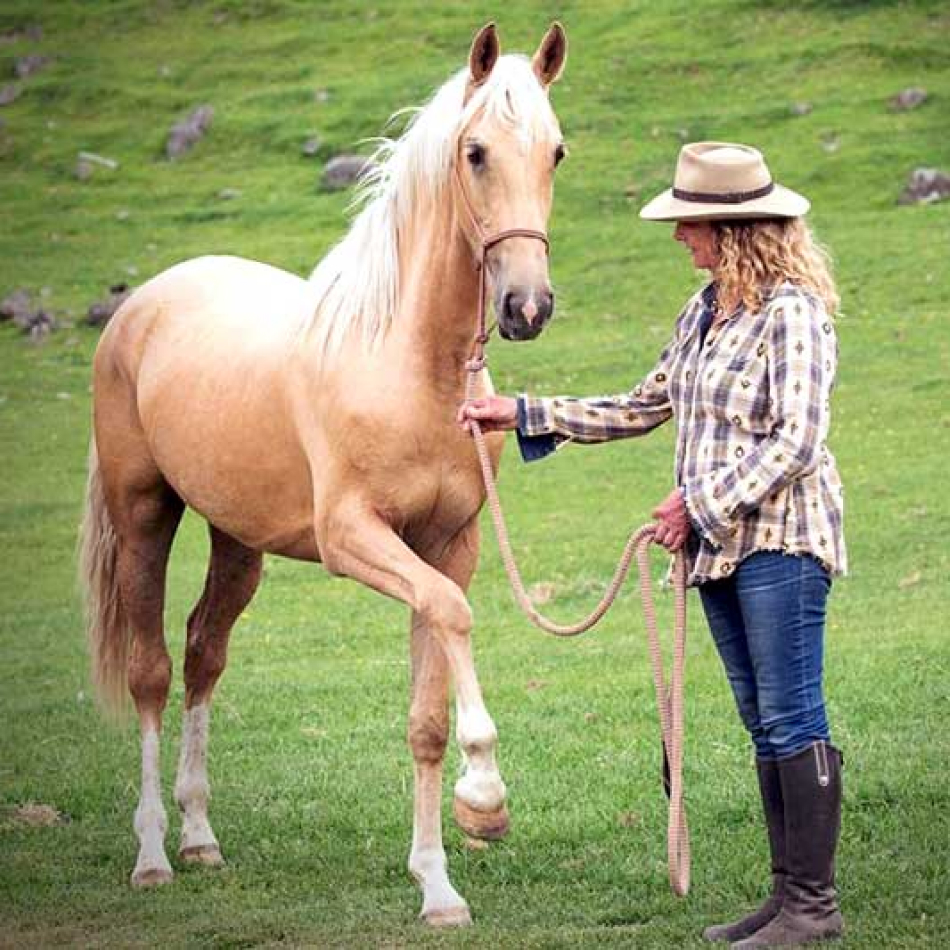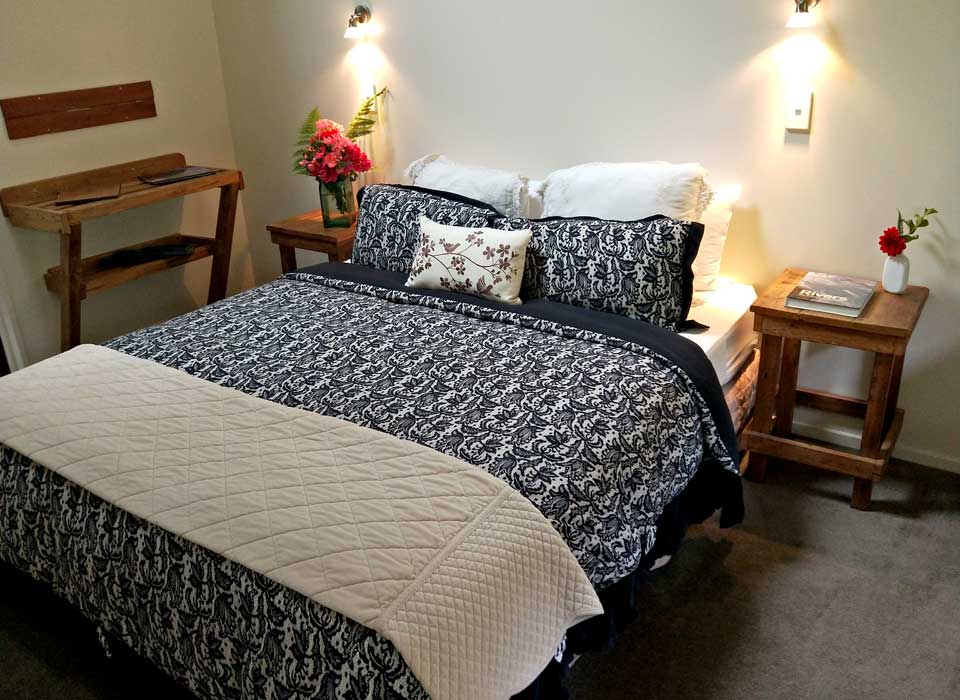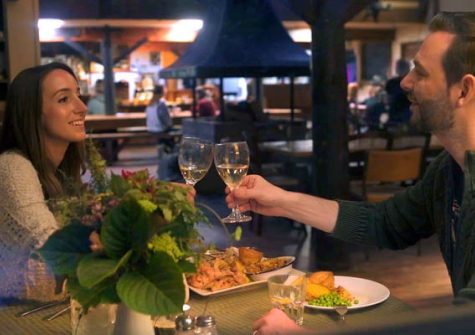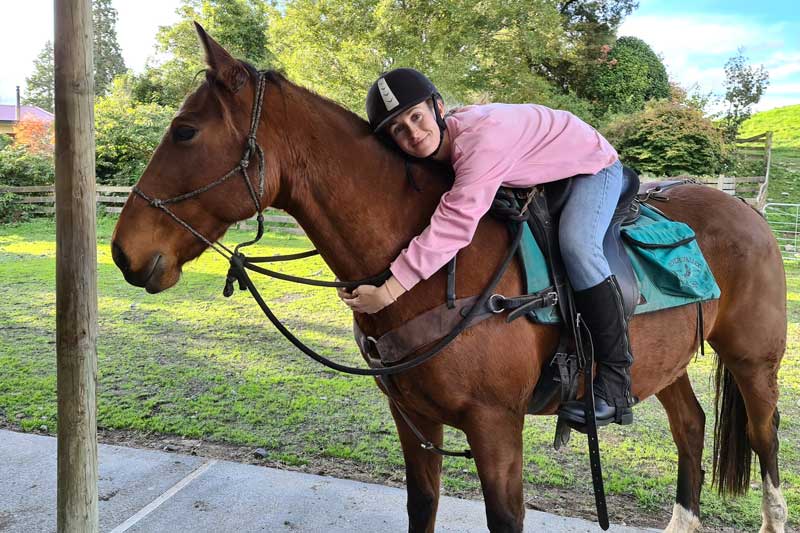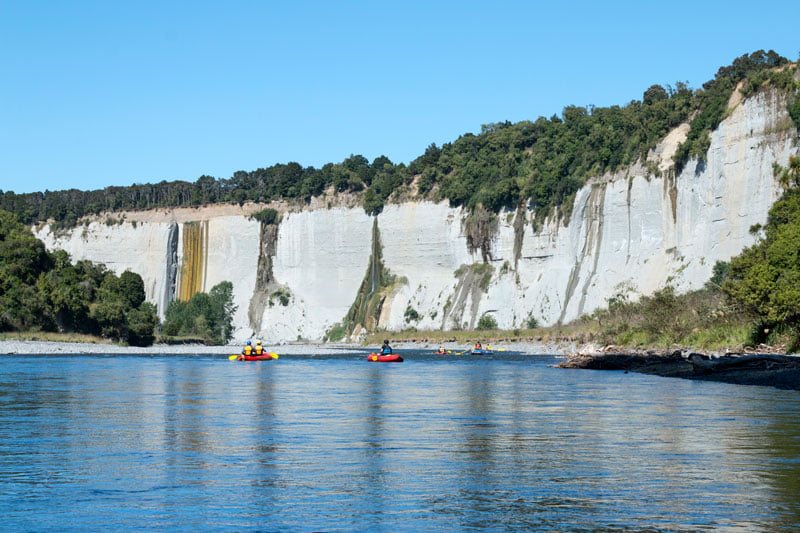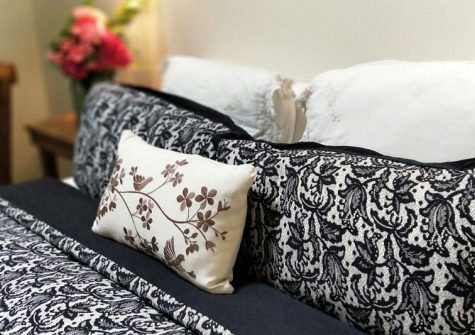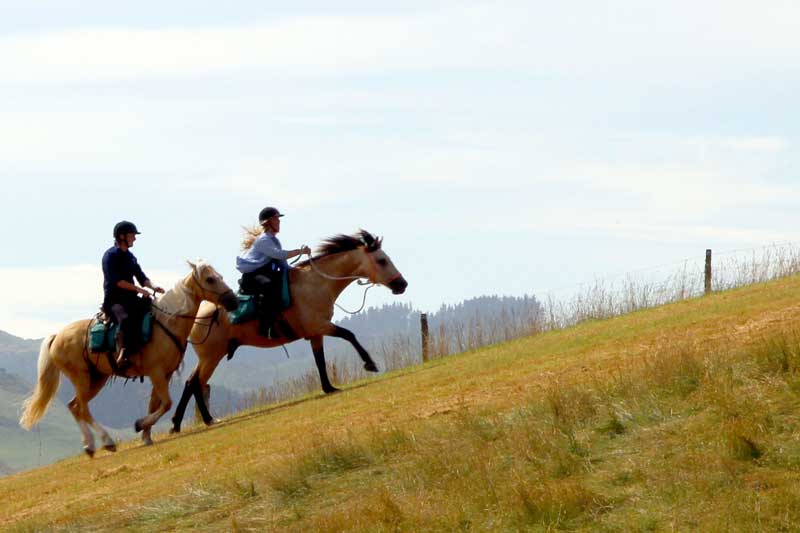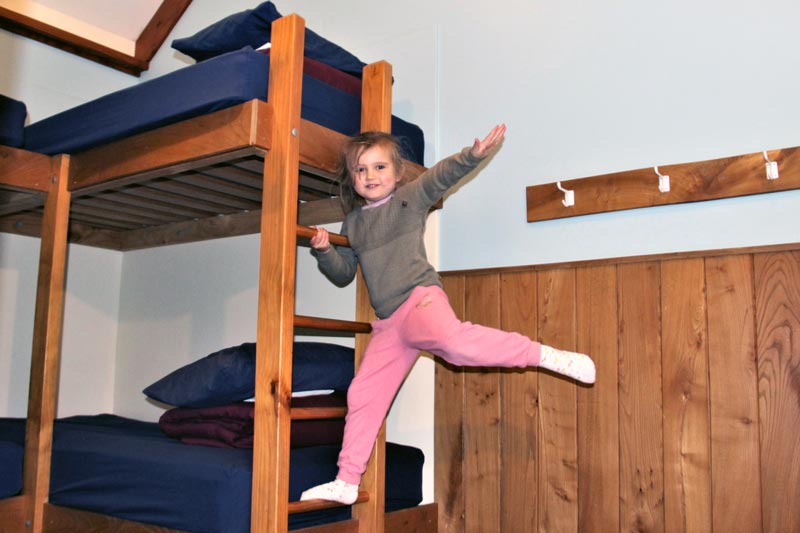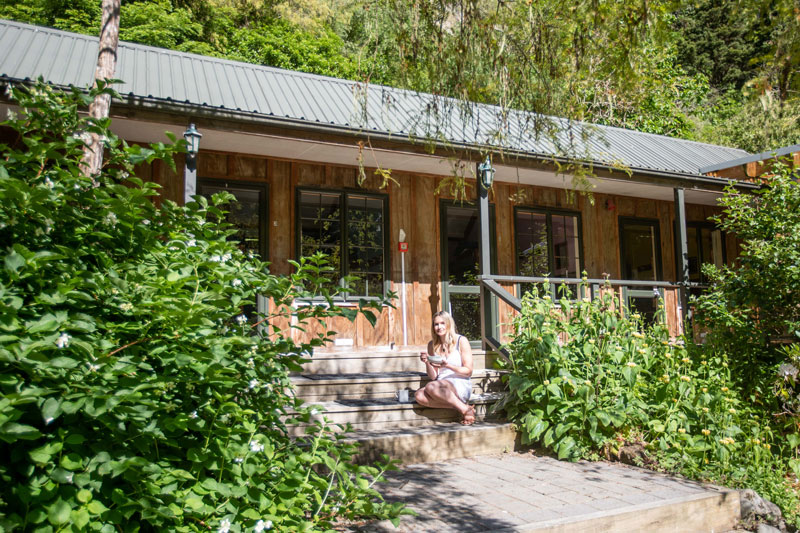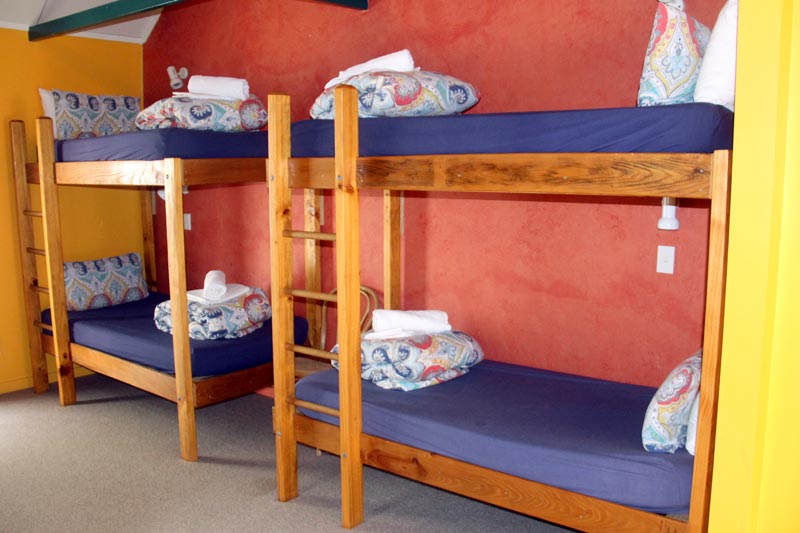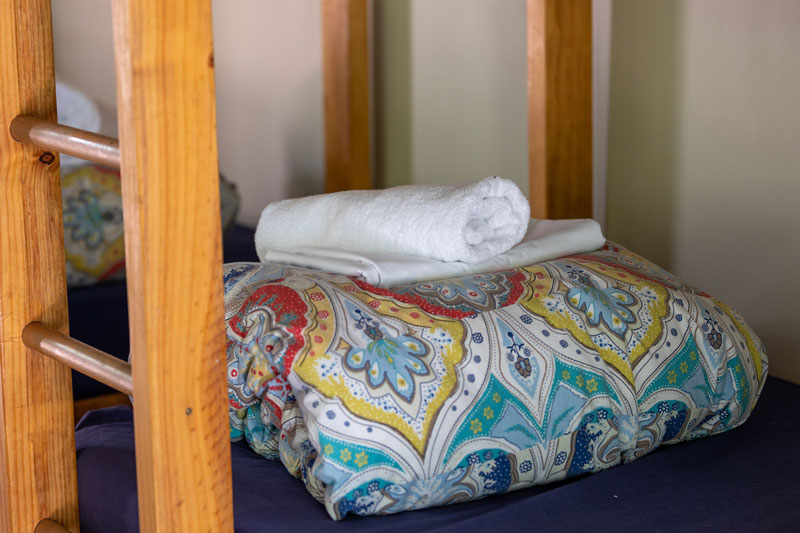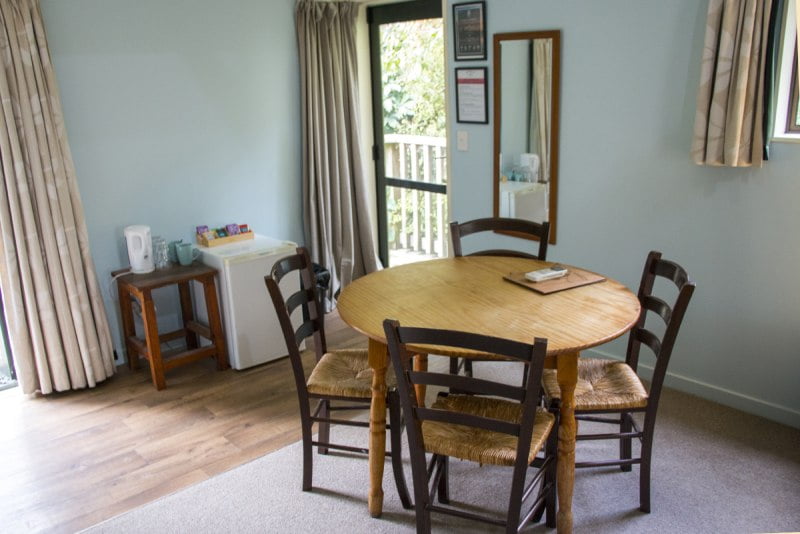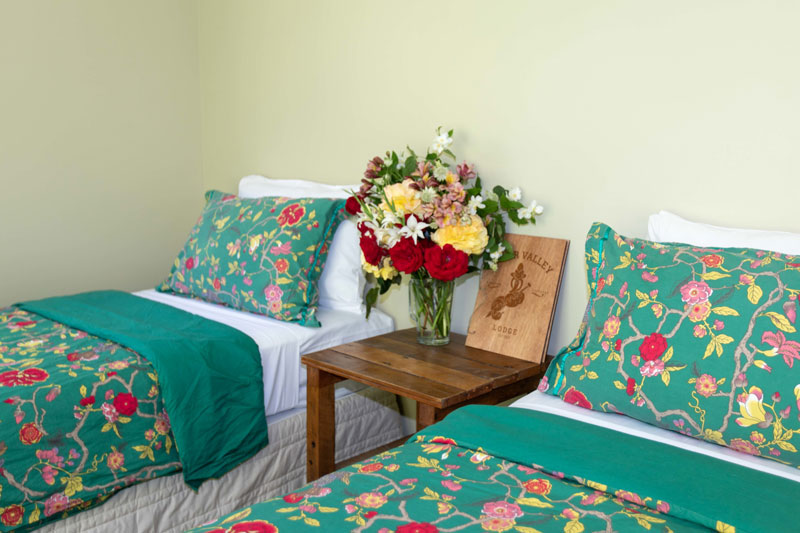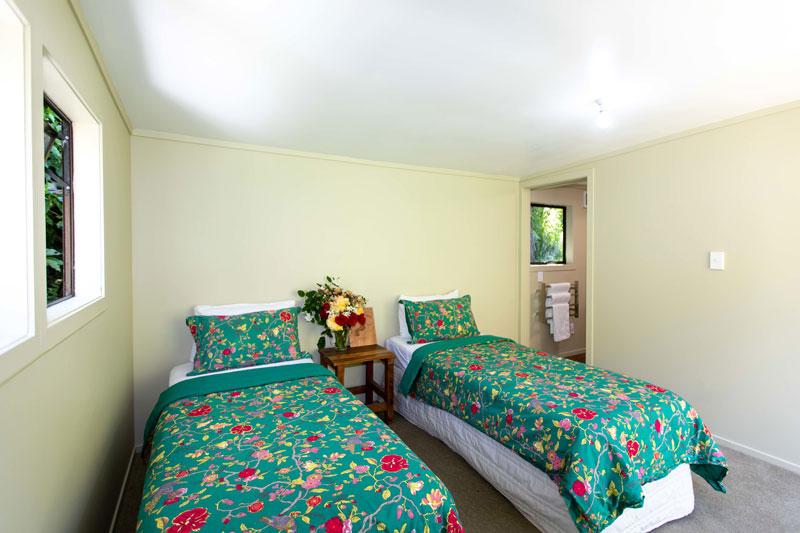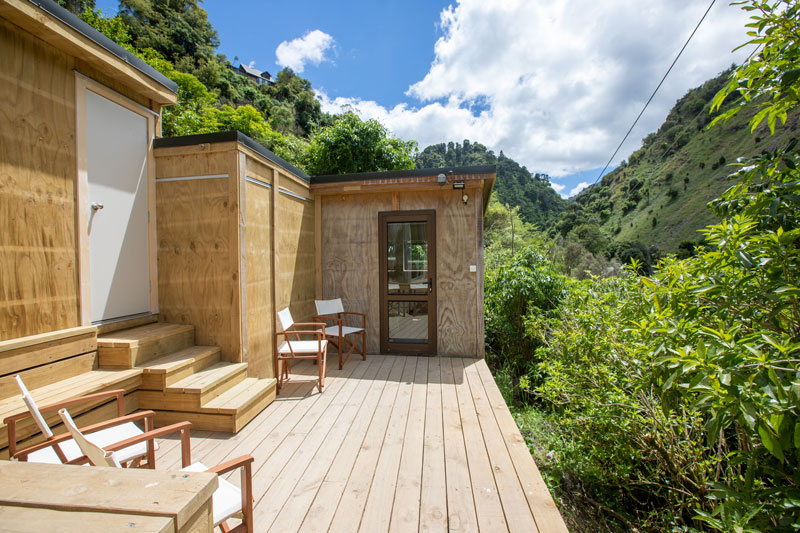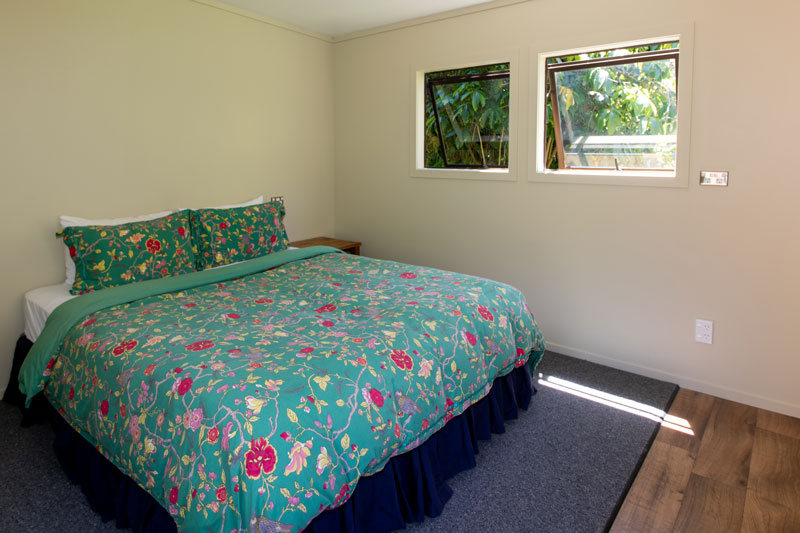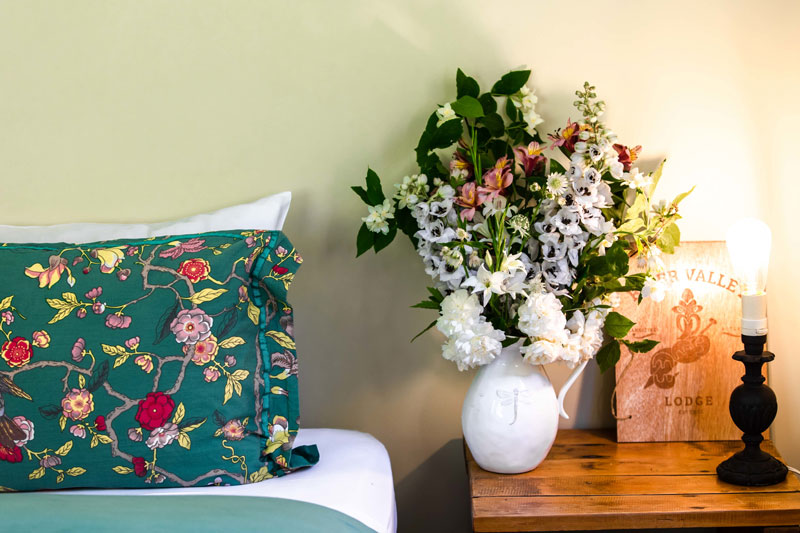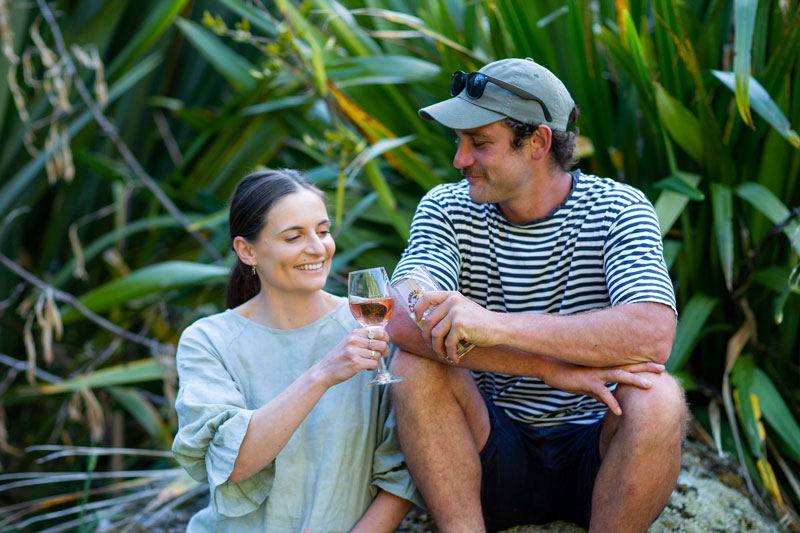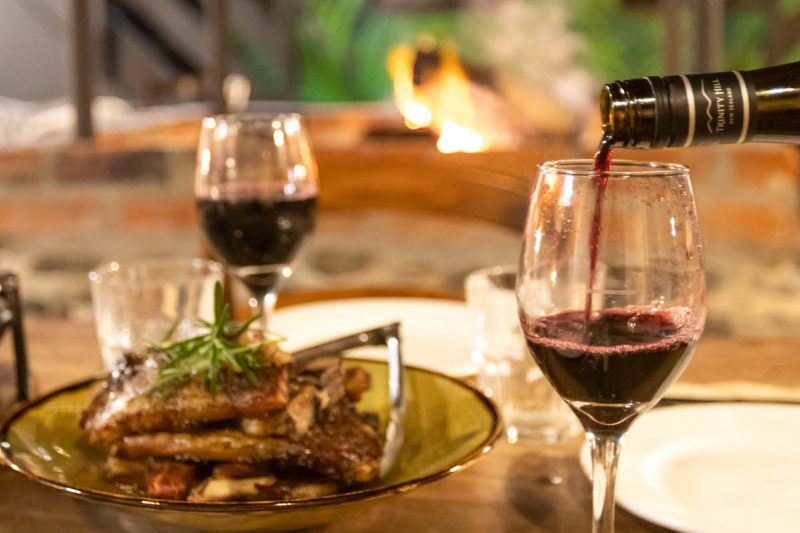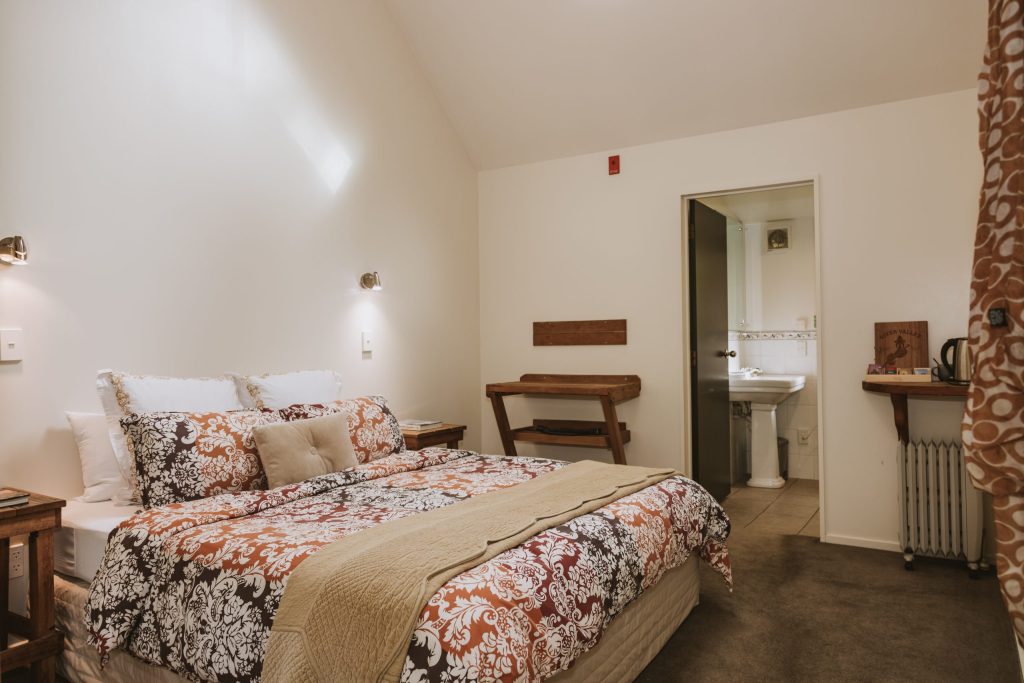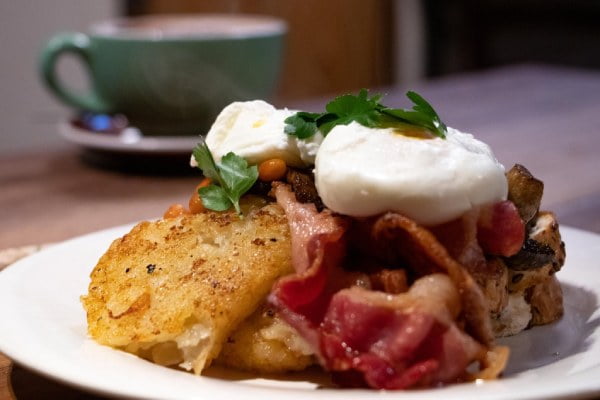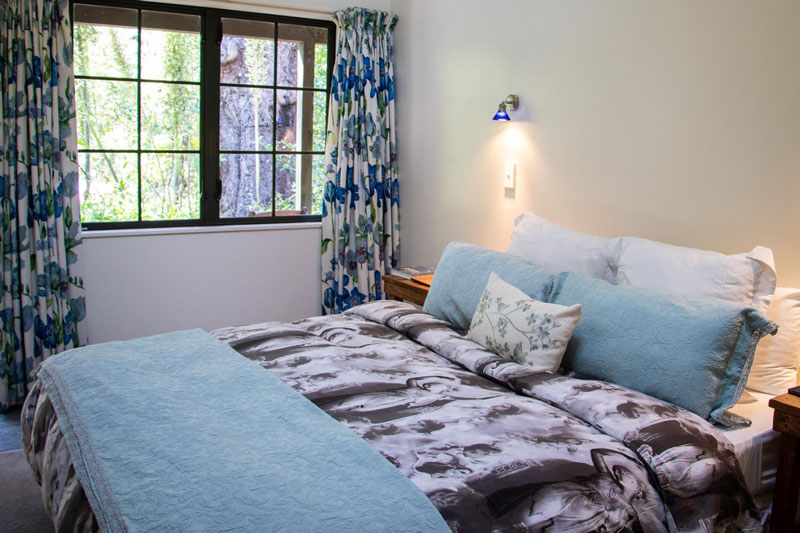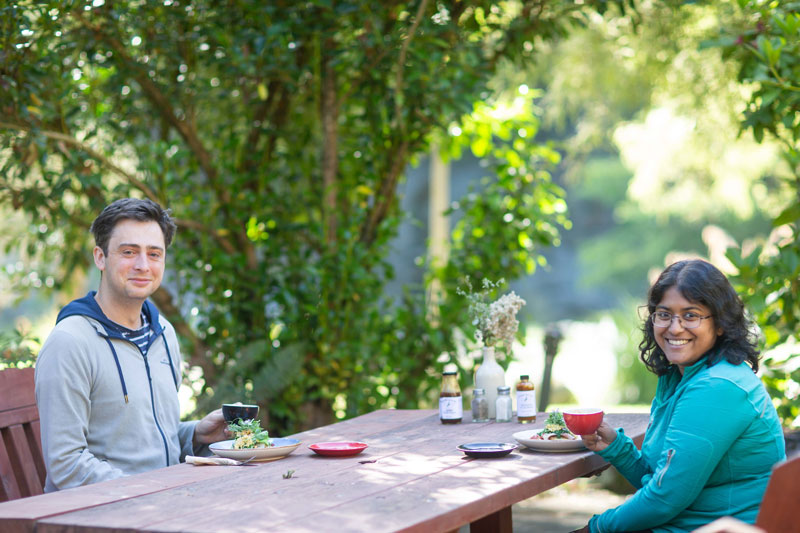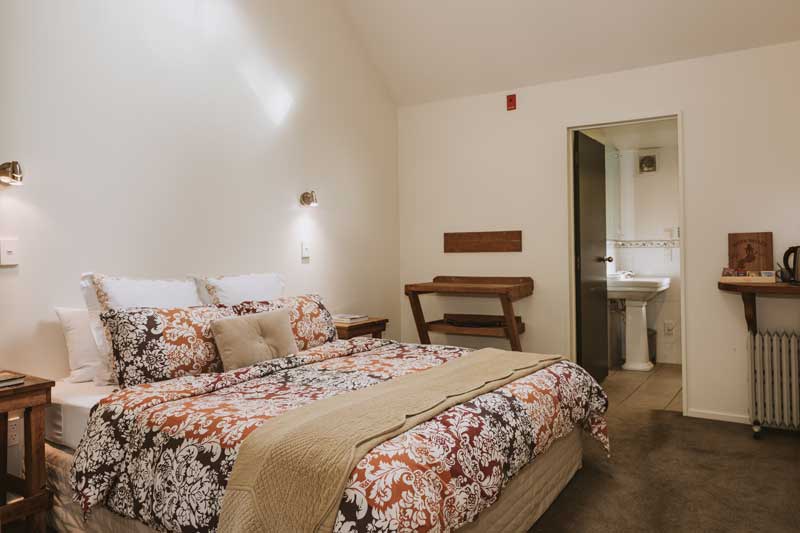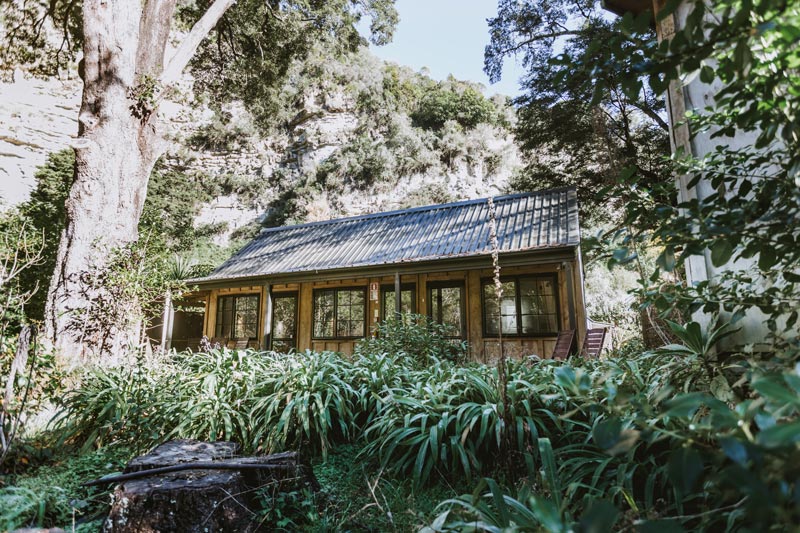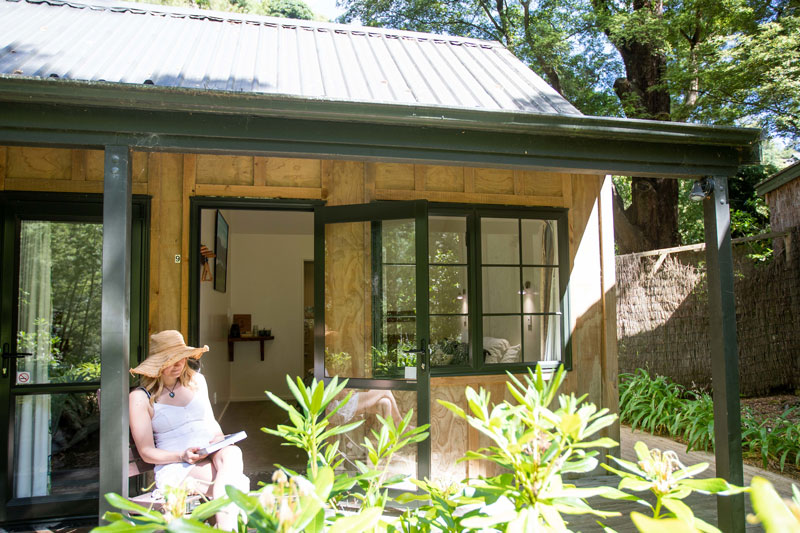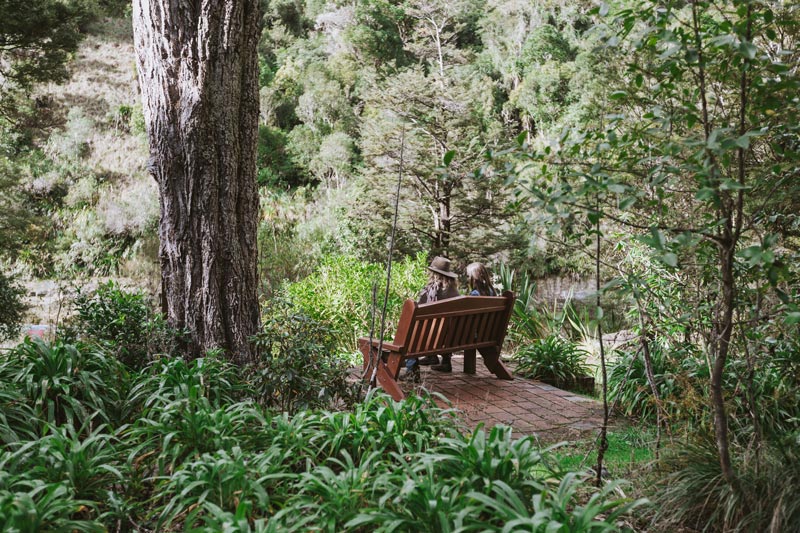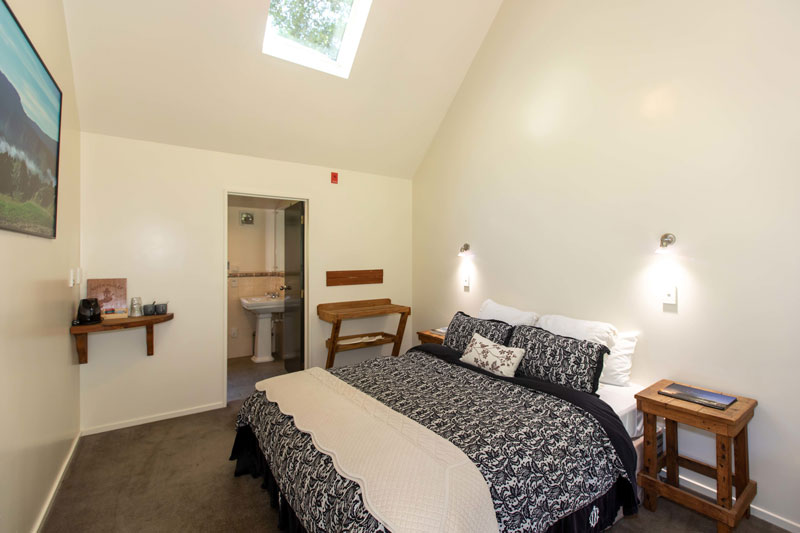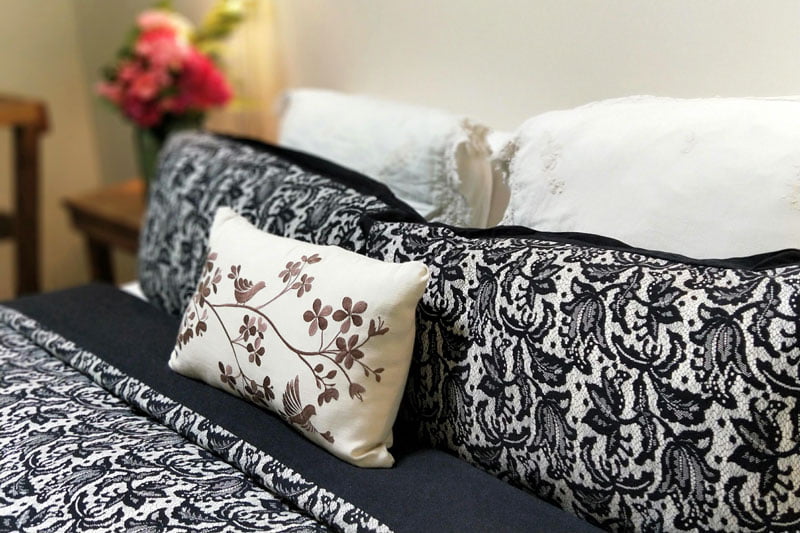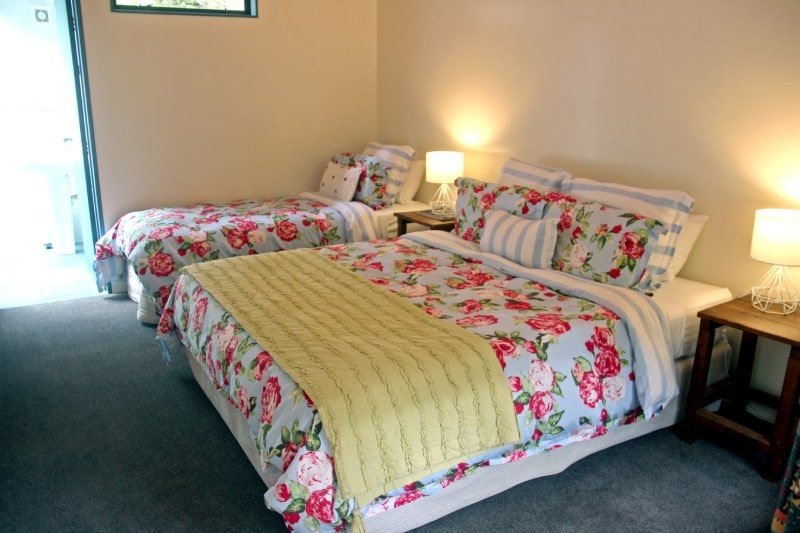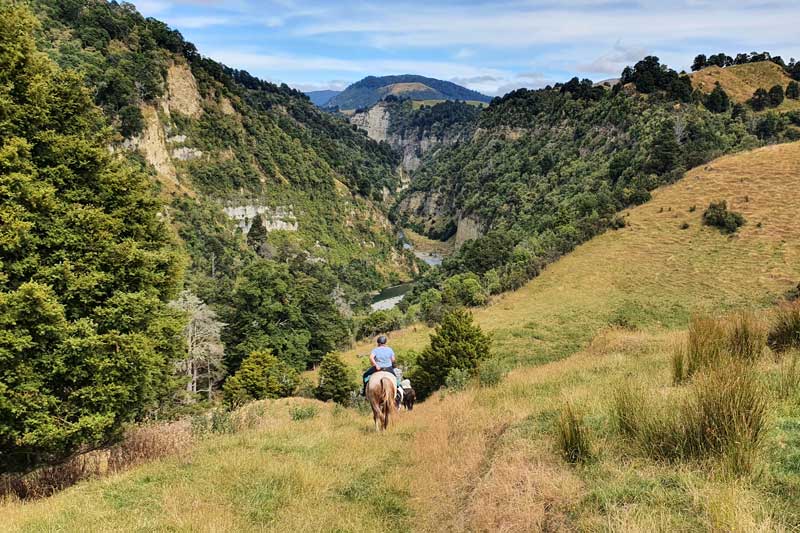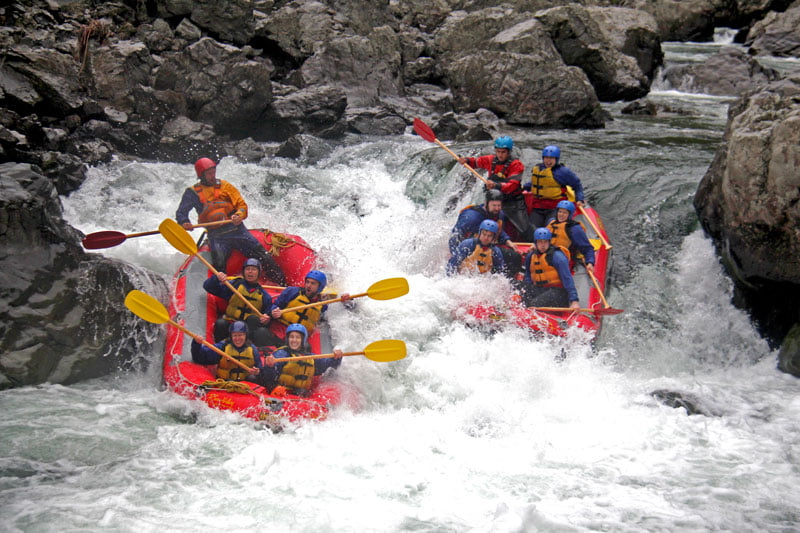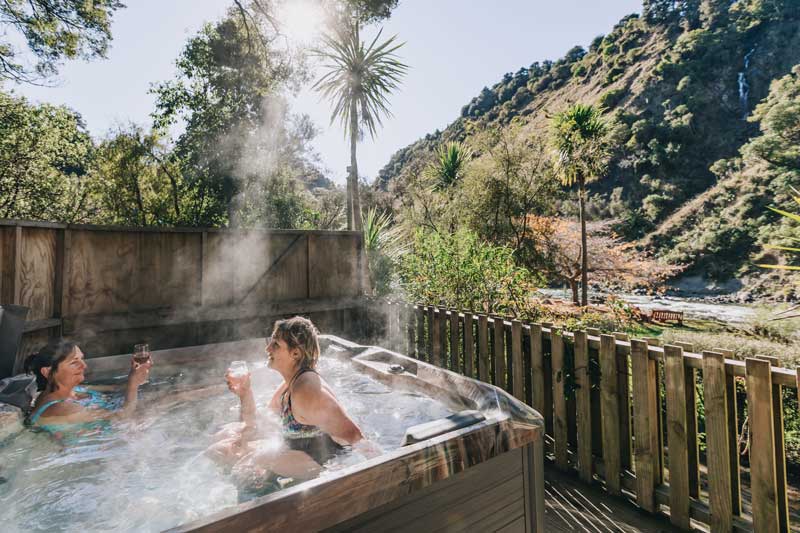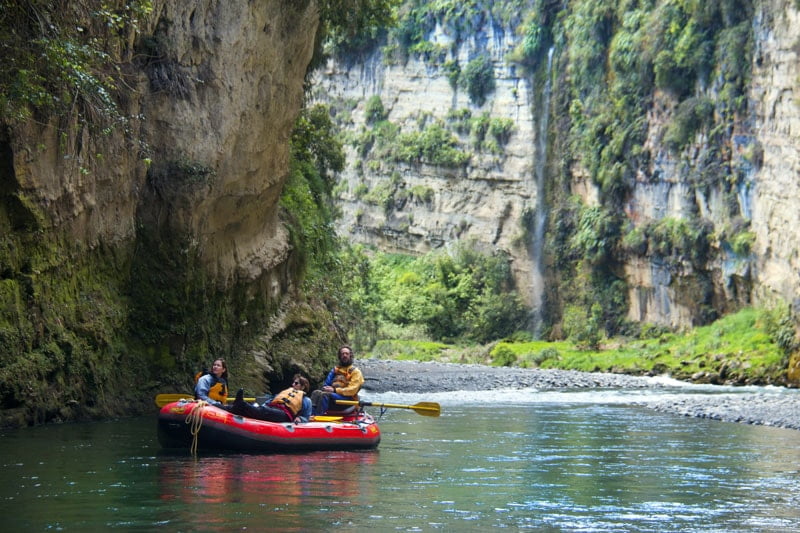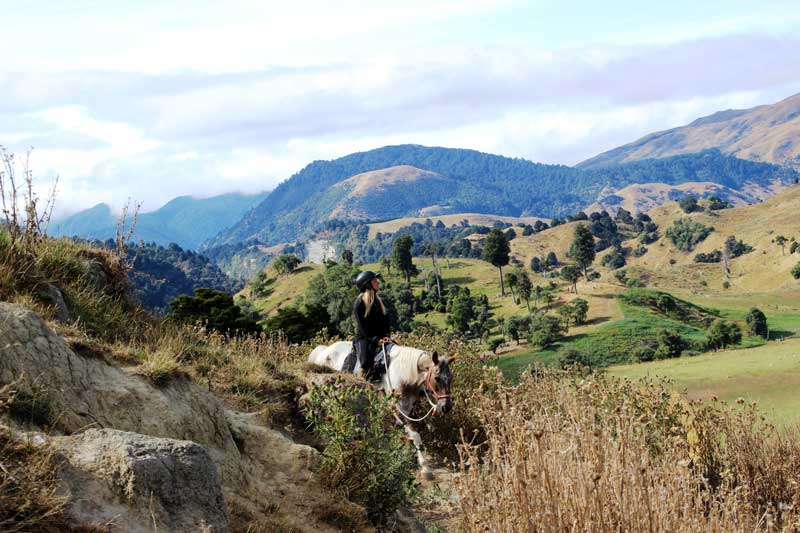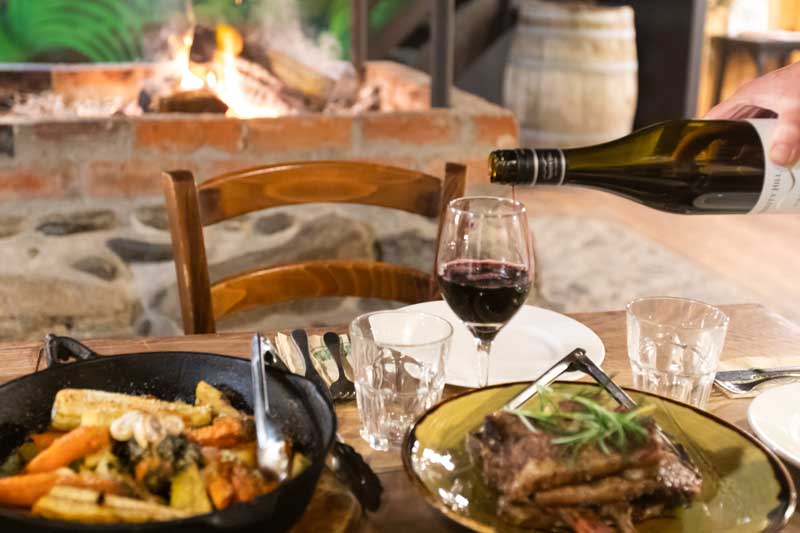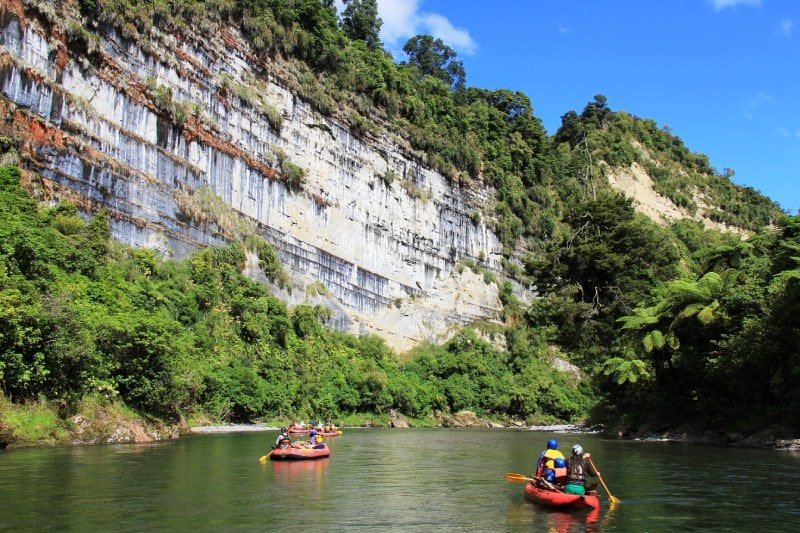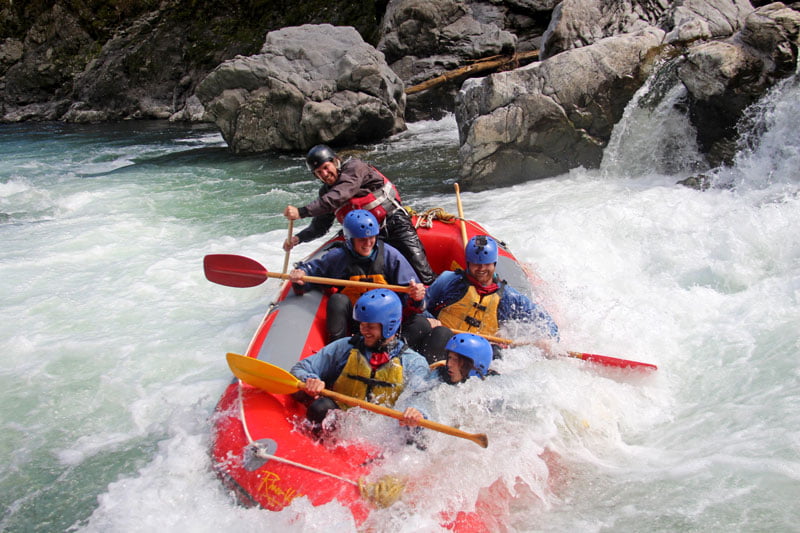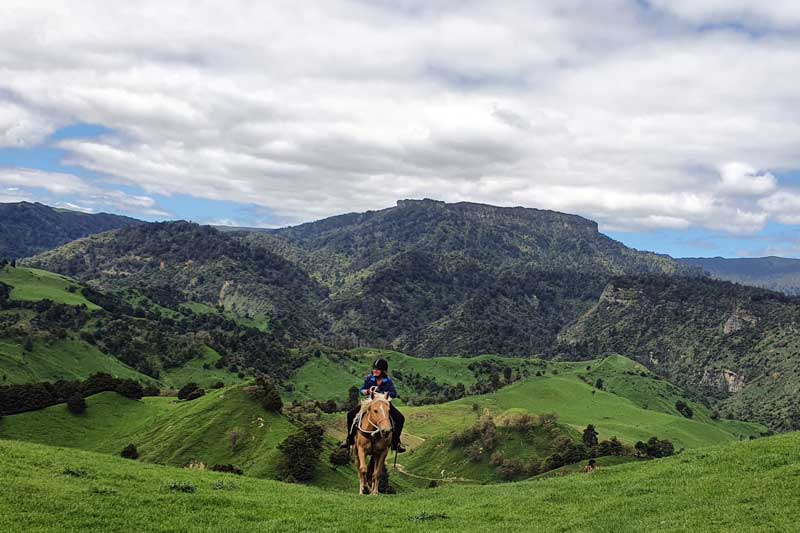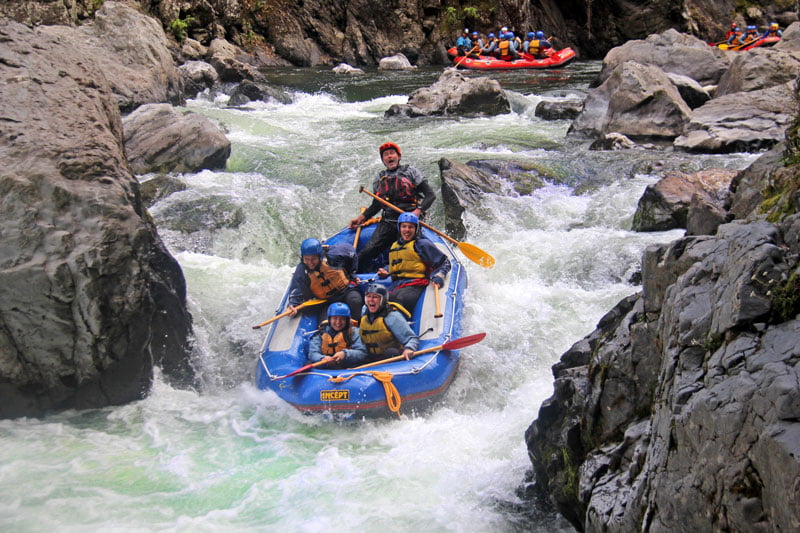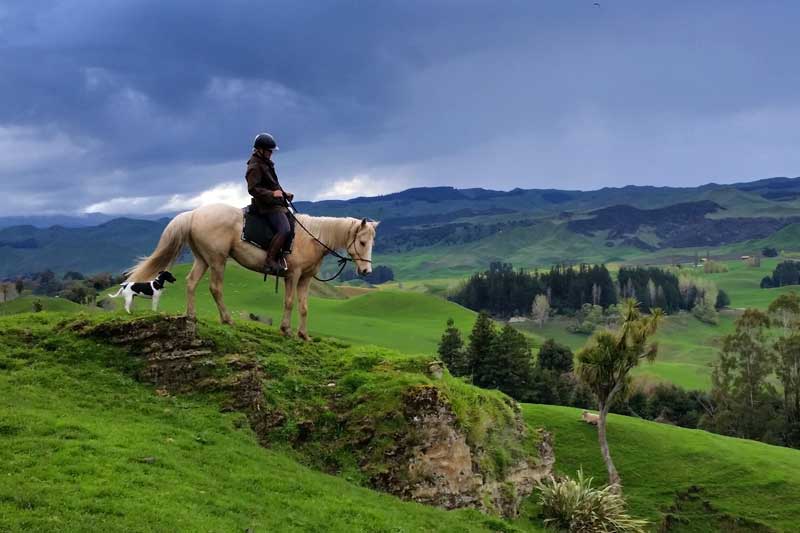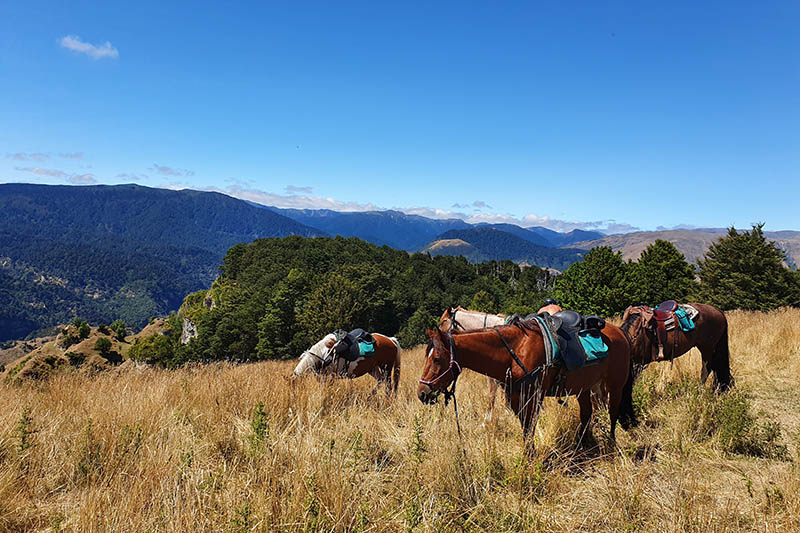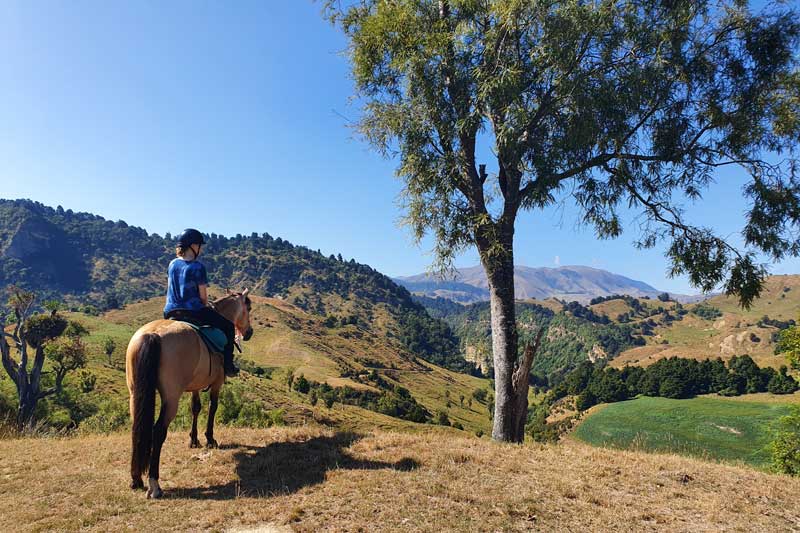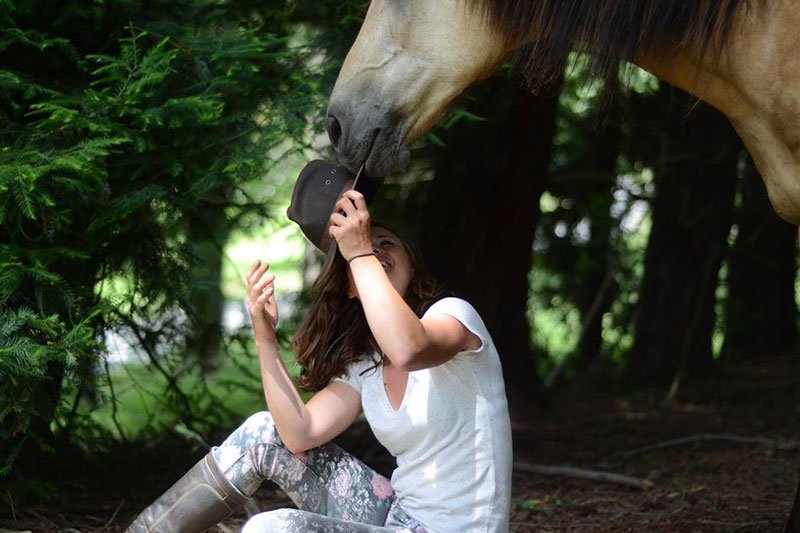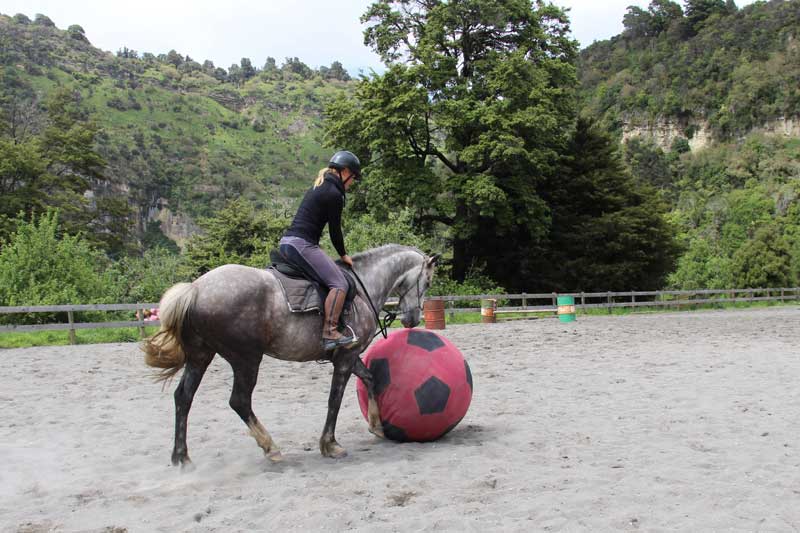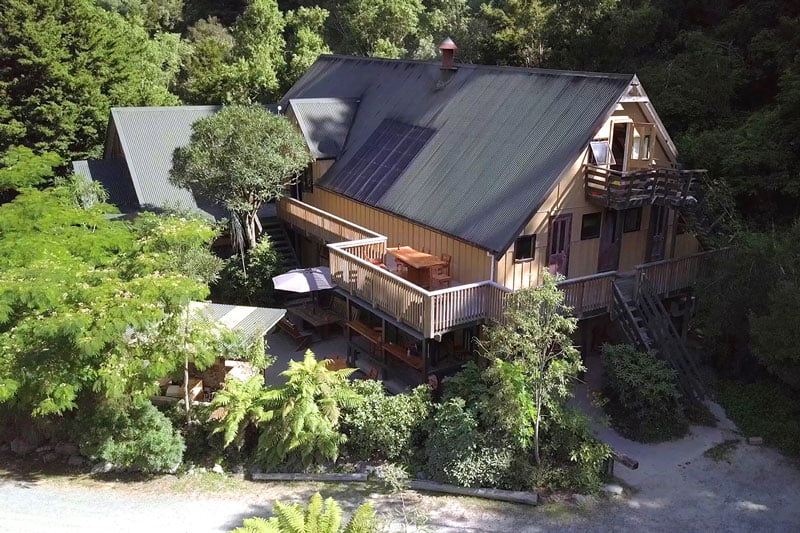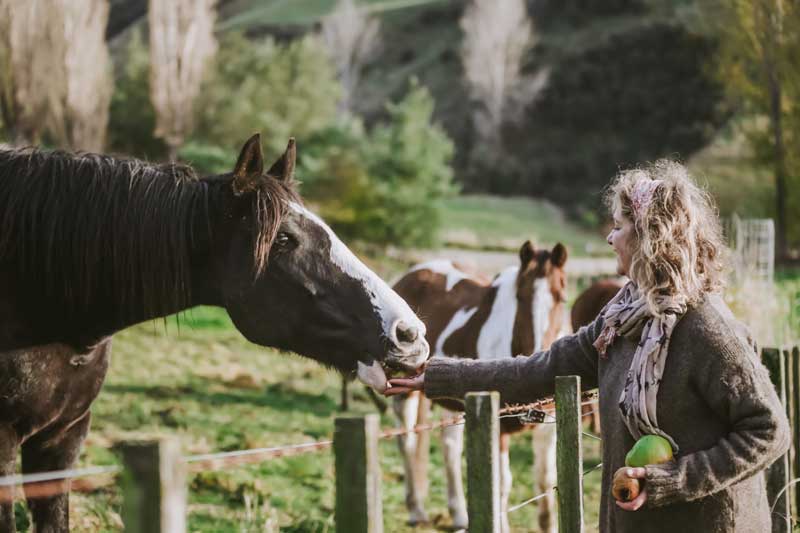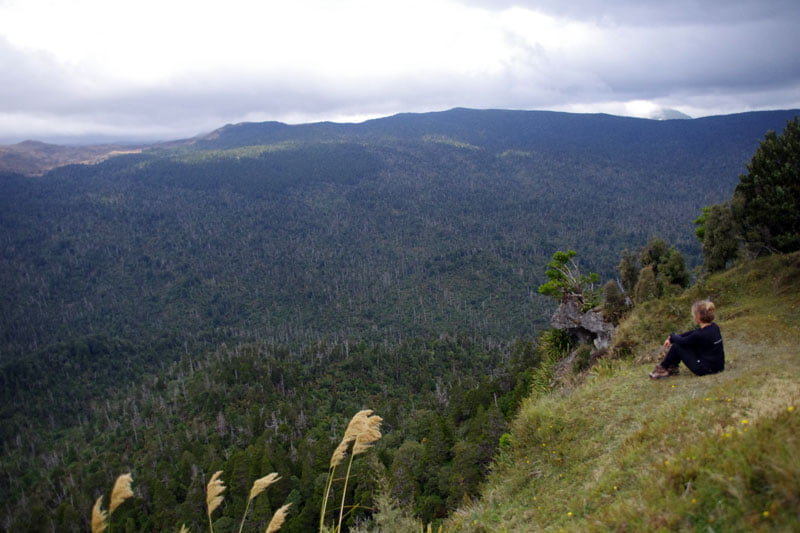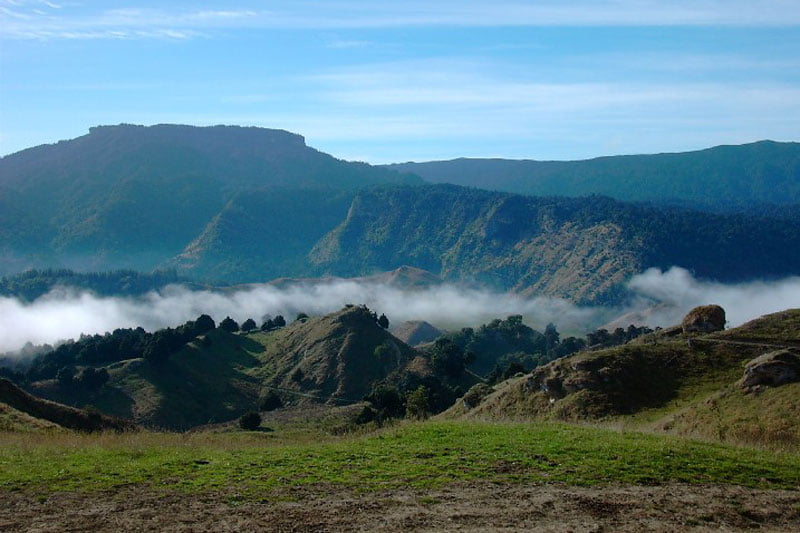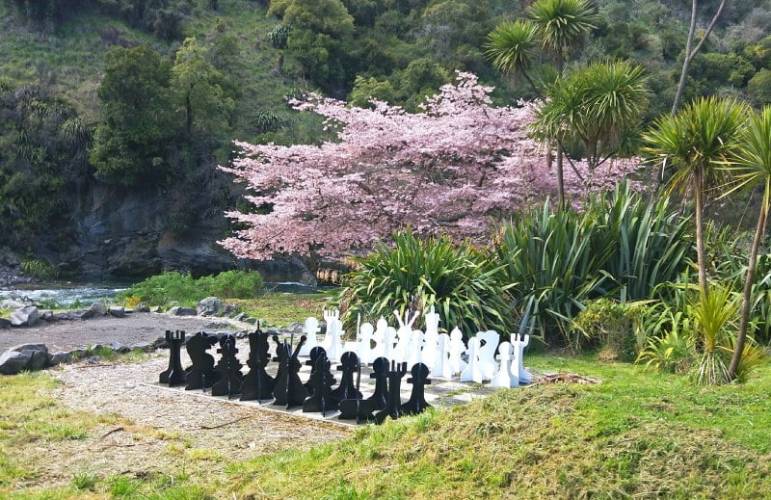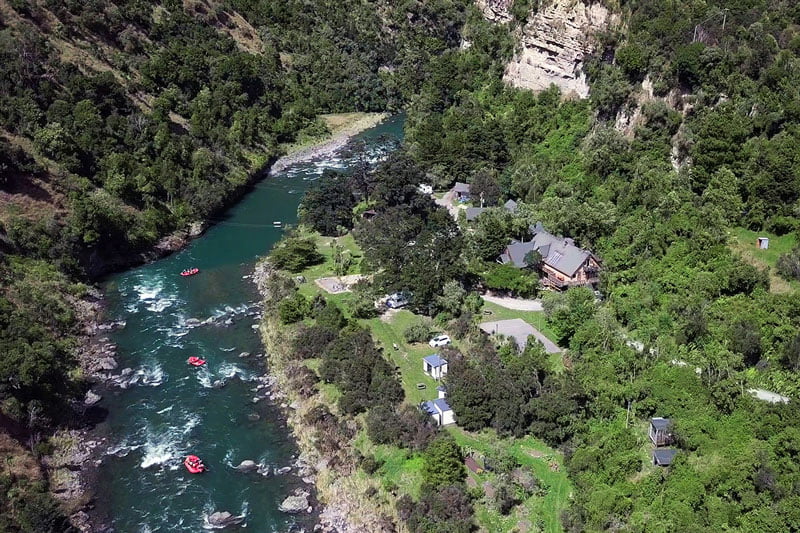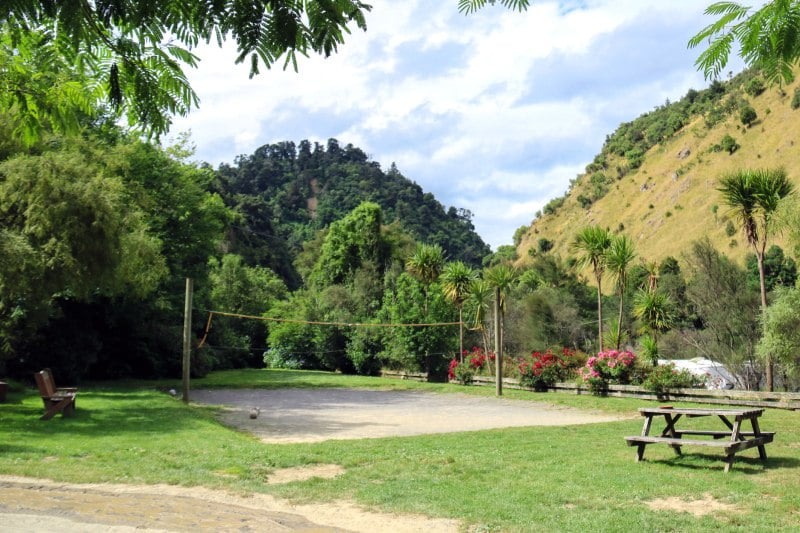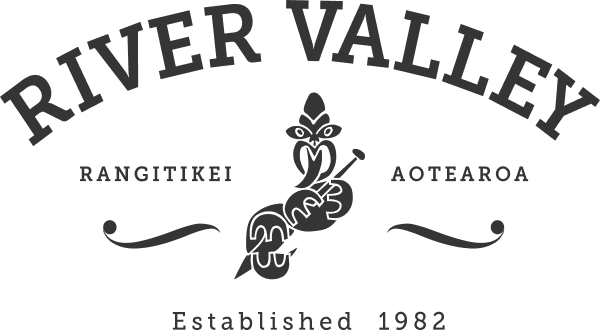The group on our latest 8 day River Valley Ride at Moawhango Marae
Part of the River Valley Ride, an 8 day horse trek operated by River Valley Stables and run in conjunction with international horse riding holiday company, Globetrotting, is an overnight stay at a Marae.
For those readers who do not know what a marae is, it is a traditional Maori communal and meeting space. Throughout New Zealand, marae are the focal point for Maori communities. Once upon a time the term “marae” only referred to the open space in front of the whare (buildings), but now, the term is generally used to include the entire area which includes the Wharenui (meeting house), the Wharekai (dining hall) and other buildings.
On this particular ride, trekkers, guides and sometimes our support staff also, stay overnight at Moawhango Marae, the heart of the small community of Moawhango, situated beside the Moawhango River east of Taihape.
Our group are welcomed with a traditional powhiri – a process where the hosts greet visitors on to the marae. The powhiri involves speeches, singing and concludes with the hongi.
Our stay includes a delicious evening meal, breakfast, an overnight stay in the Wharenui and time with our hosts to talk about our pepeha. A pepeha is telling of the places and people you are connected to, the details of which are often a surprise to others in your group. Our hosts share the history of their people and the marae.
Even when they are New Zealanders, our guests often comment that they find this stay quite moving.
Why we could ask is this type of experience moving?
On a recent stay, I discussed this with Tracey and Richard, two of our hosts.
Let me explain a little more about Moawhango Marae. Unlike the commercial Maori cultural experiences with full time paid staff that predominate in places like Rotorua, Moawhango Marae is typical of the hundreds of small marae scattered throughout New Zealand. Our hosts are all volunteers who see it as an essential part of their lives that the marae is used and functions for the community, and in particular members of their Iwi, Ngati Whitikaupeka.
I think profoundly impacting our guests at the marae is the experience’s genuineness and authenticity.
I talked with Richard and Tracey about this genuineness, what is it exactly, and how can it be maintained?
We only visit Moawhango Marae three times per year, so there is little danger of tourism overload. However, even accounting for that, some people and organisations can carry their genuineness forward, while others quickly adopt McDonald’s type processes.
A McDonald’s type process is based on systemisation as extolled in the E-Myth books by Michael Gerber. It involves breaking processes down so that the delivery of a product or service is always consistent. Under this type of system, there is little room for spontaneity, or individualism, though you can expect your burger to be the same wherever you go.
Upon further reflection on what constitutes genuineness, and thinking about our experience at the marae, and elsewhere, I have concluded that authenticity is more than just being yourself, or reflecting personal or group values and friendliness to others.
Rather, I think a crucial part of being genuine is to be generous.
To be generous with our time
To be generous with our interest
To be generous with our spirit.
It is the generous giving of oneself that is a critical part of a truly genuine and authentic experience.
Brian Megaw

